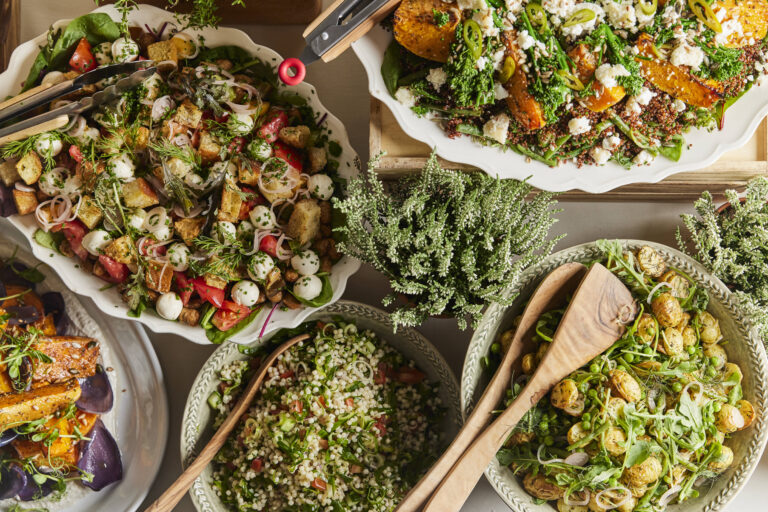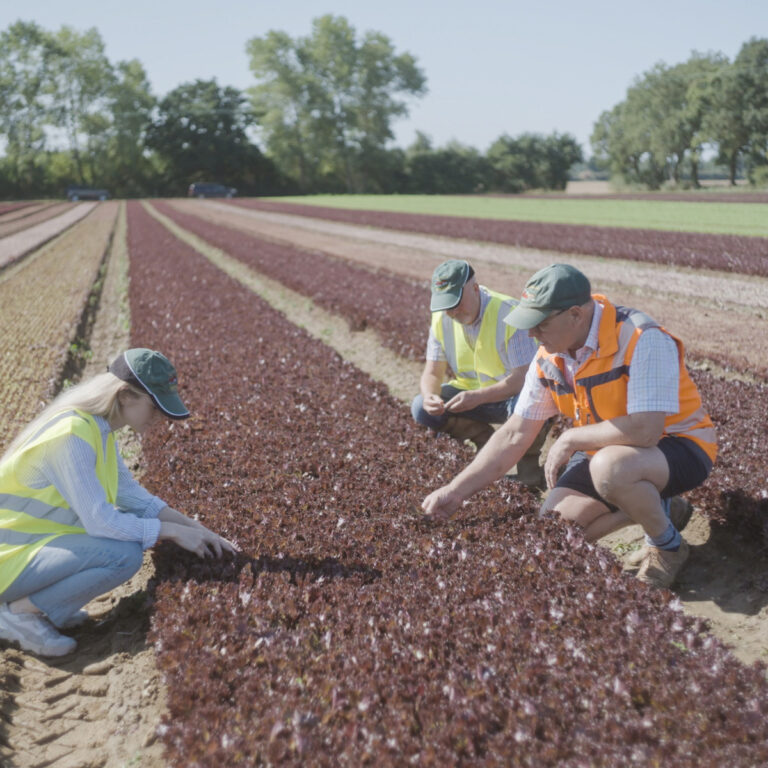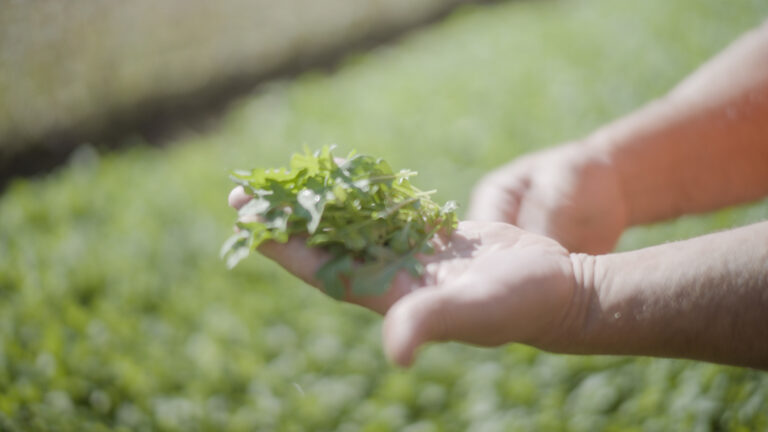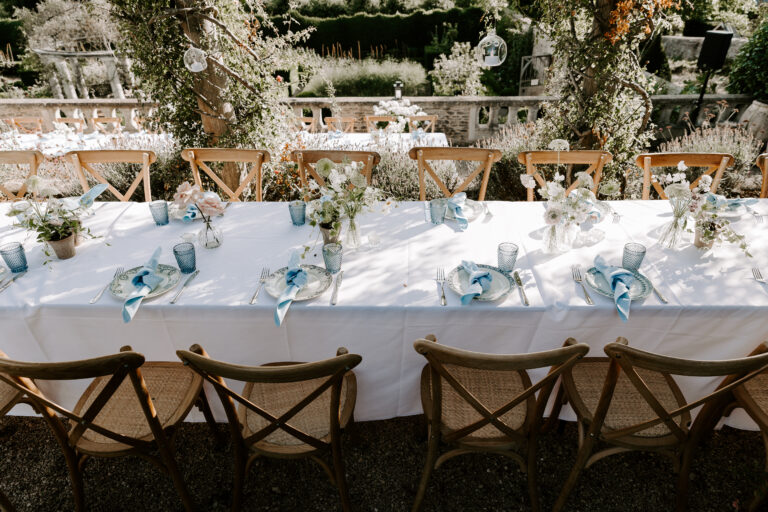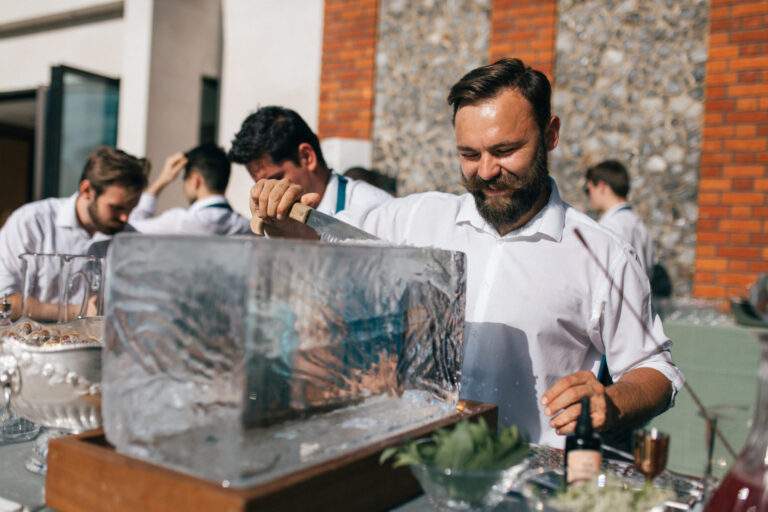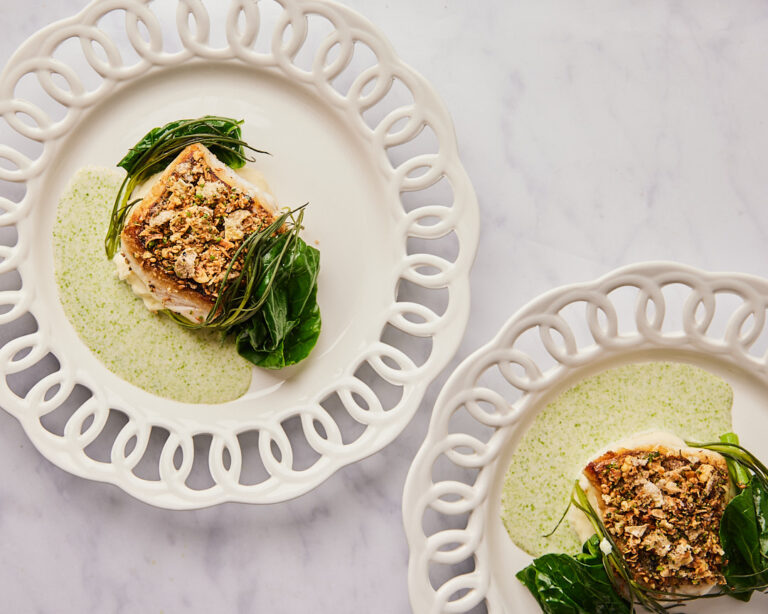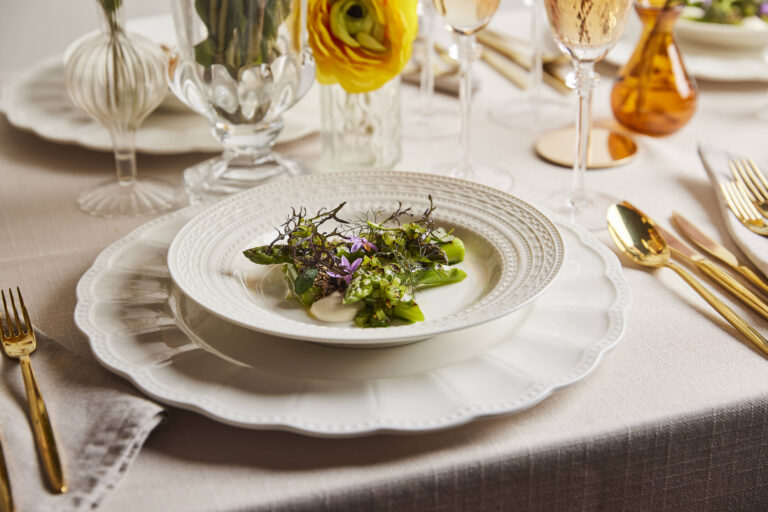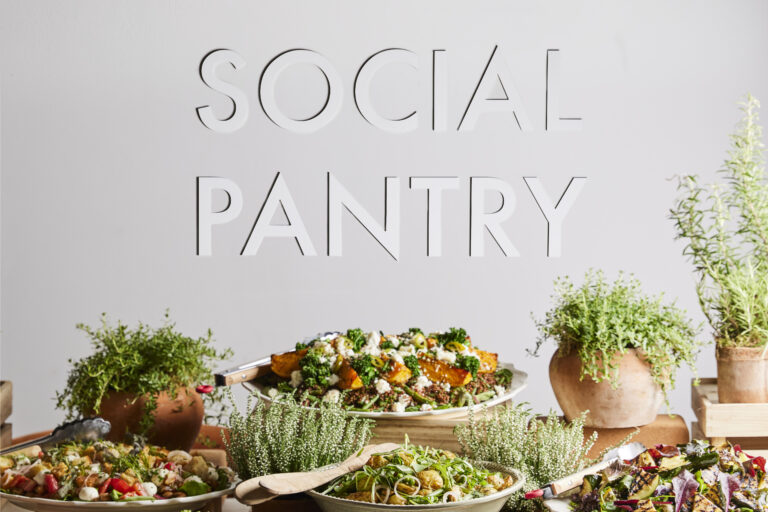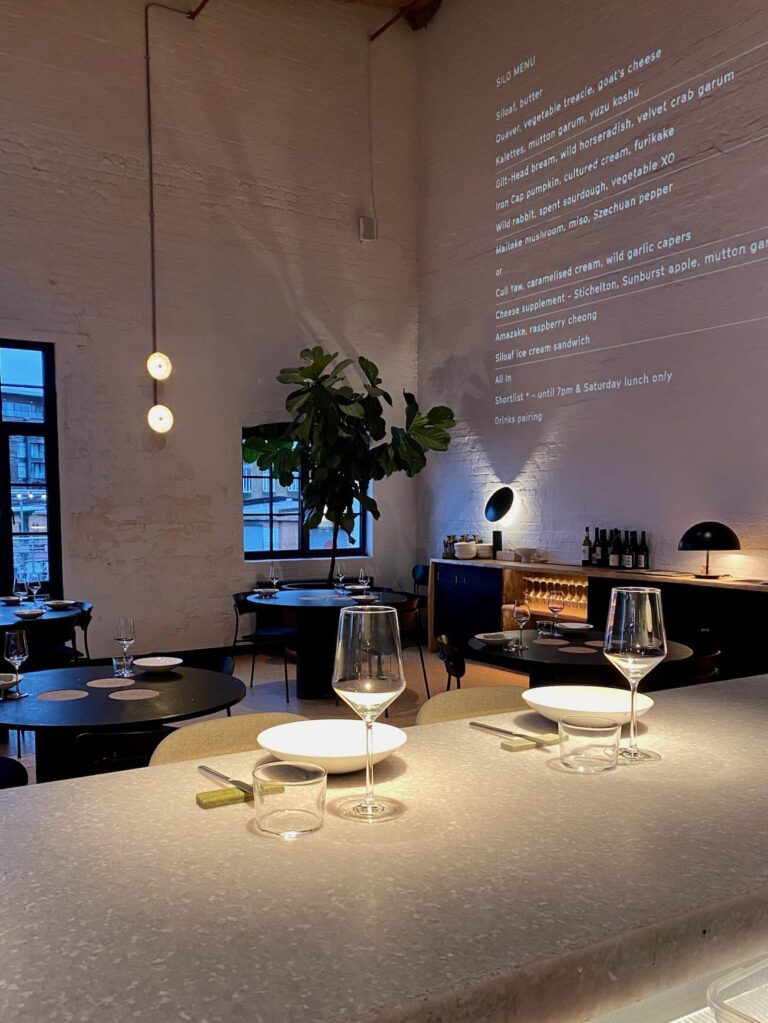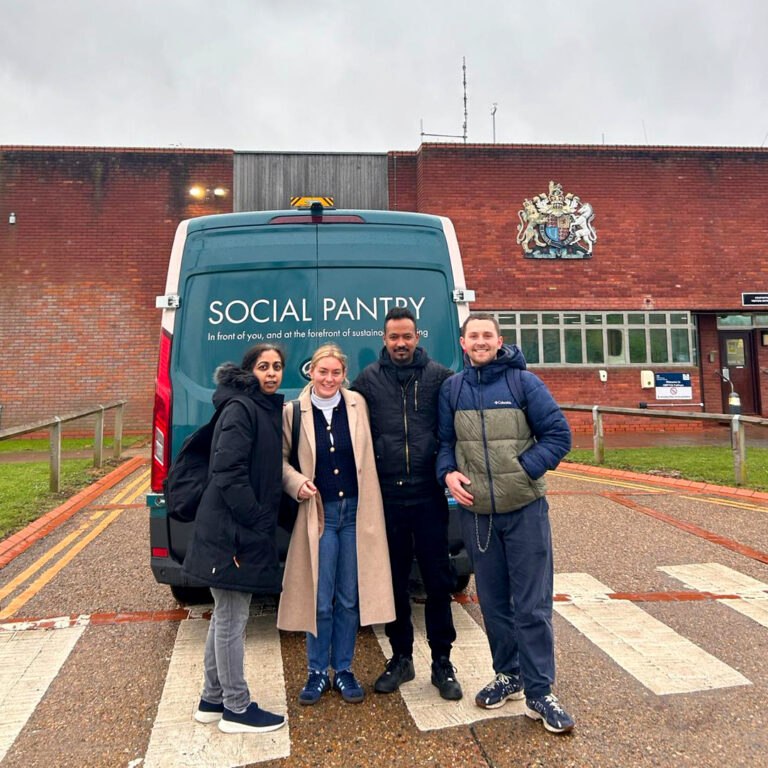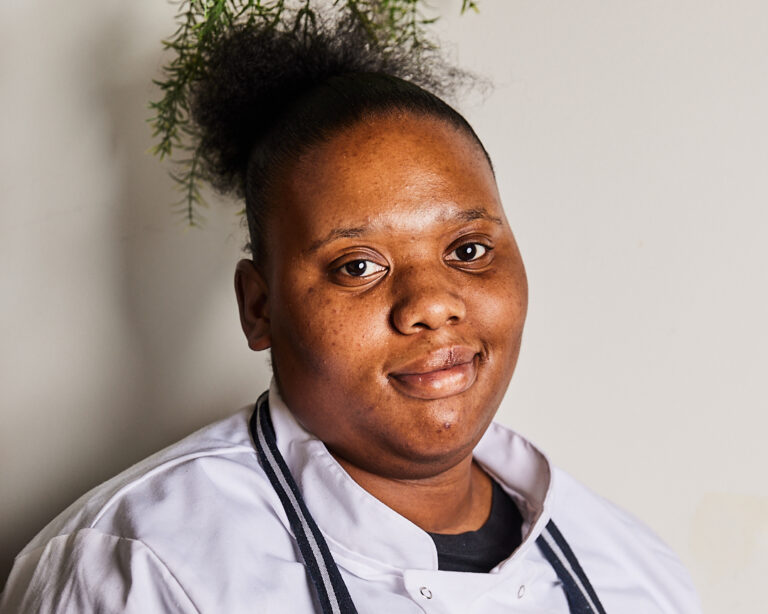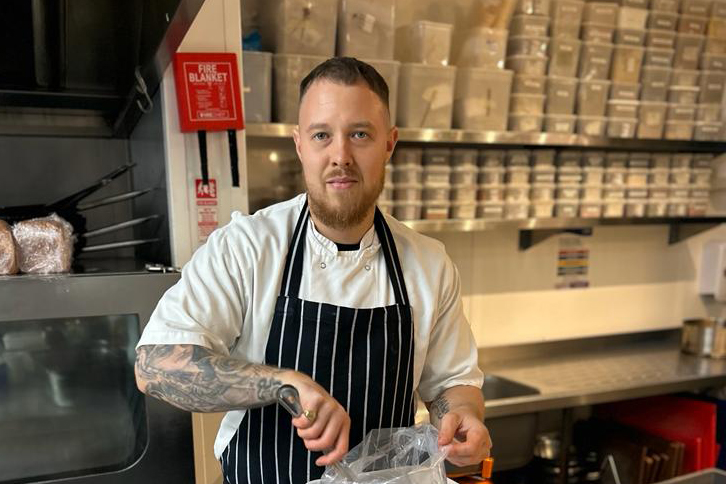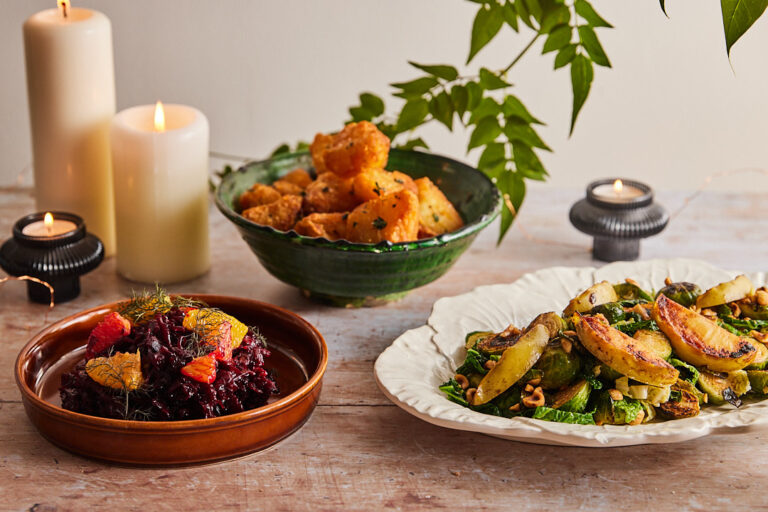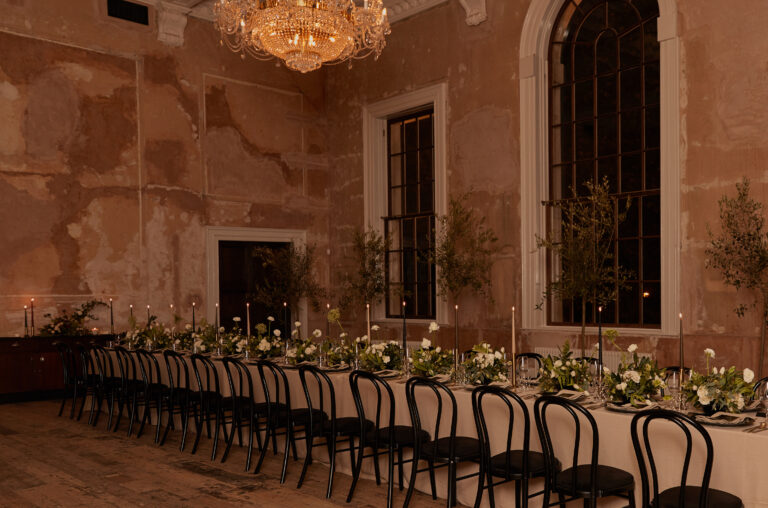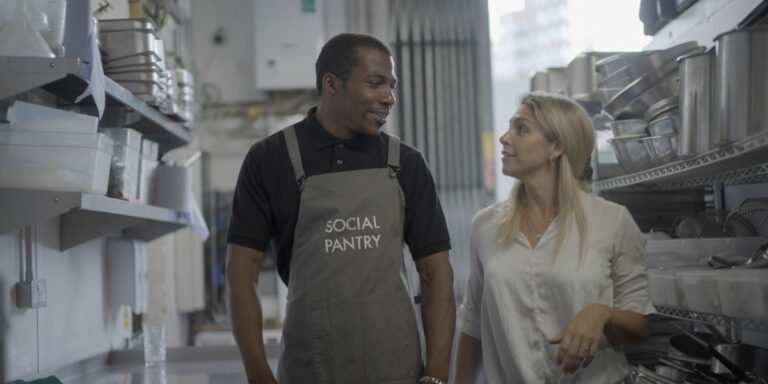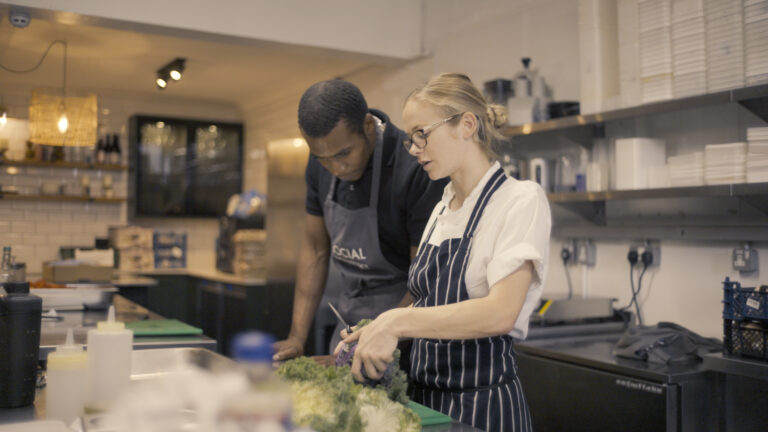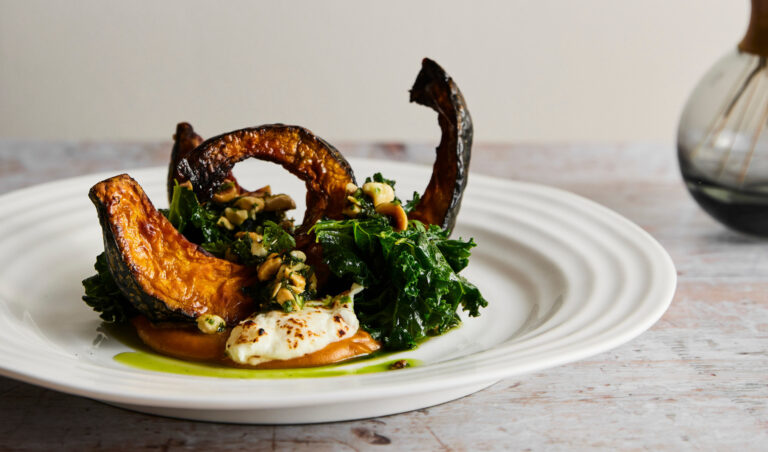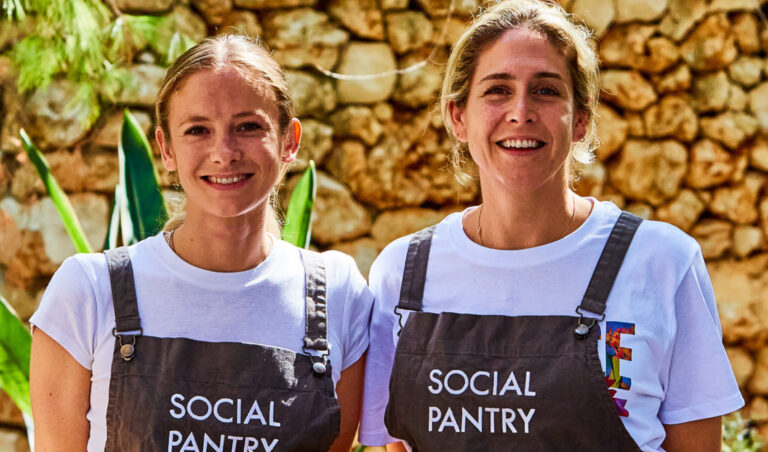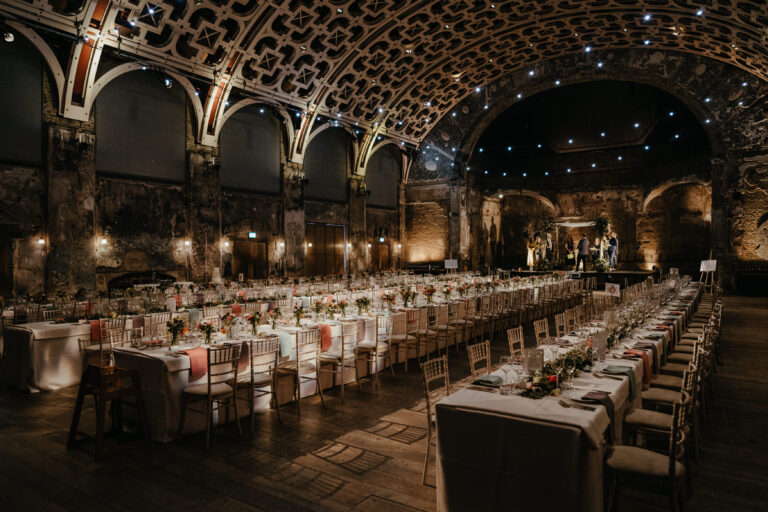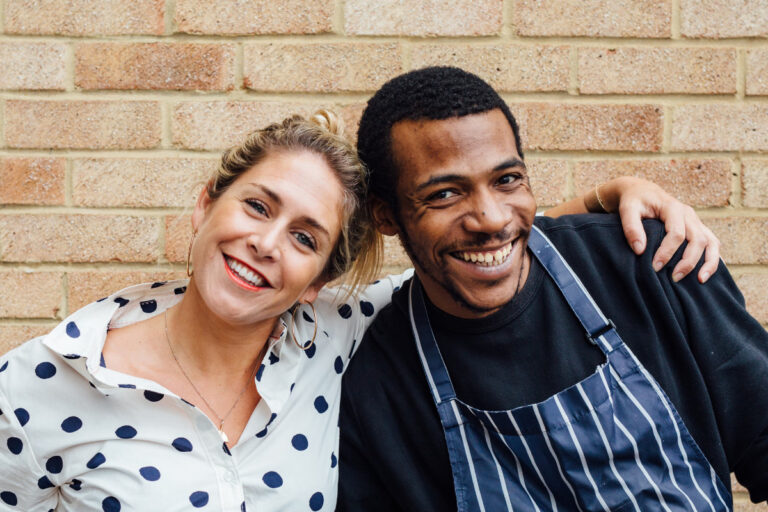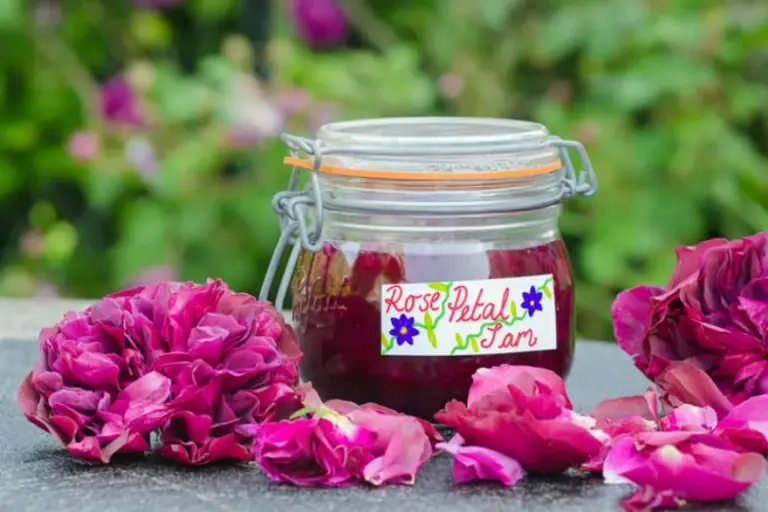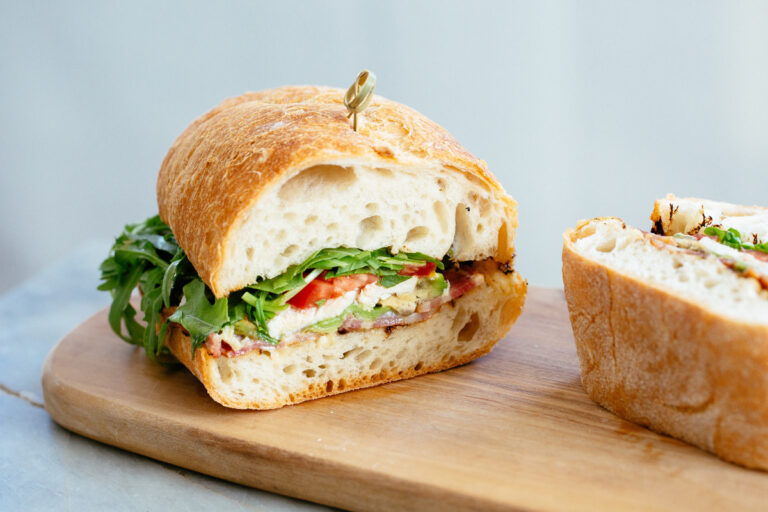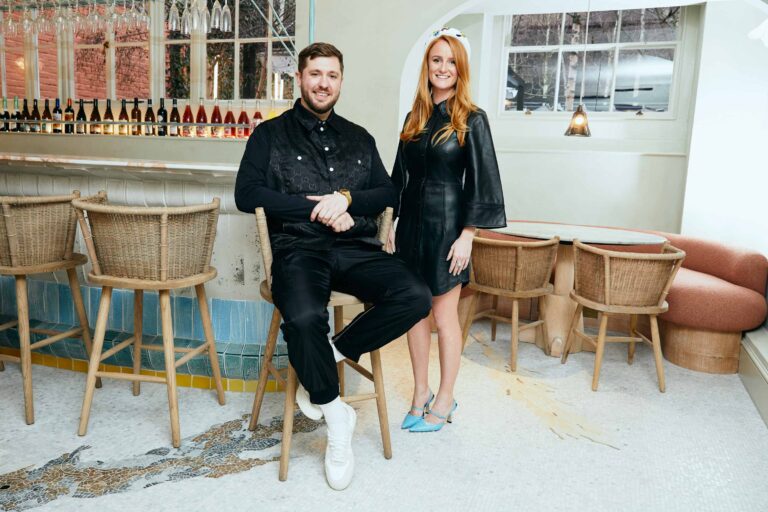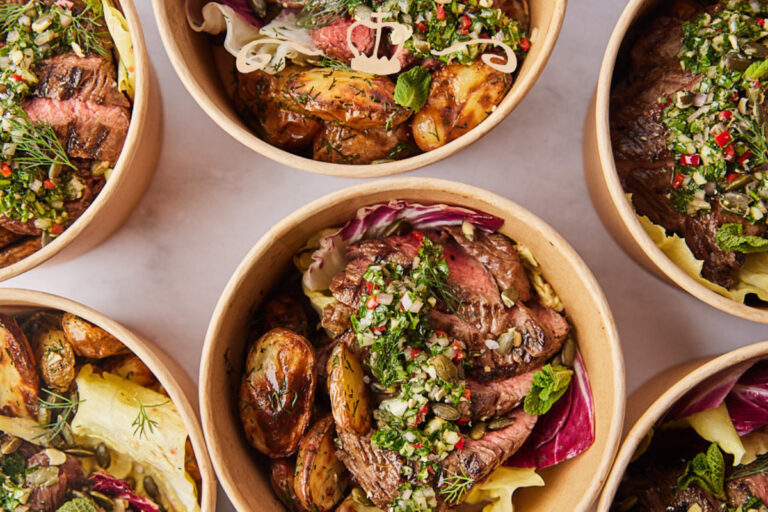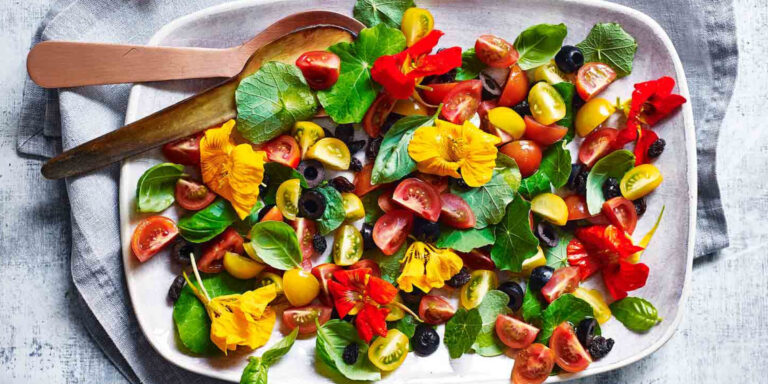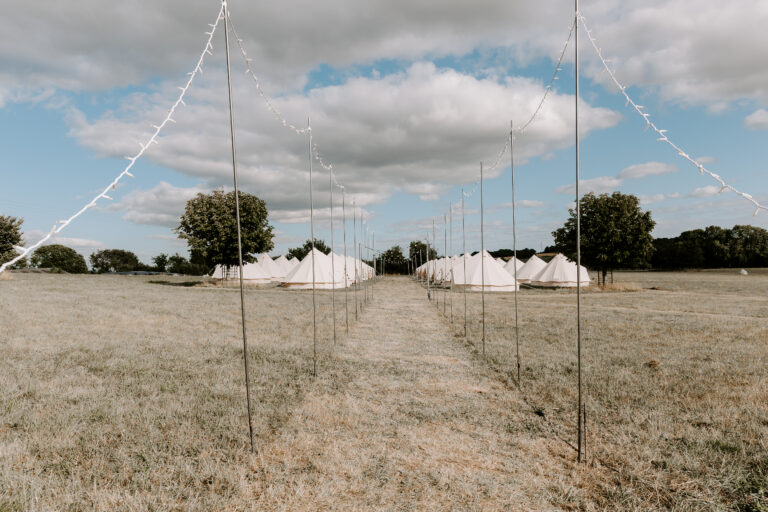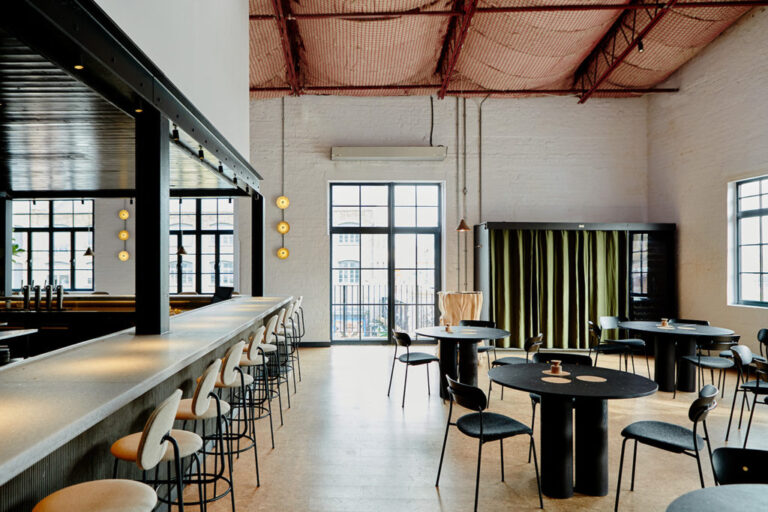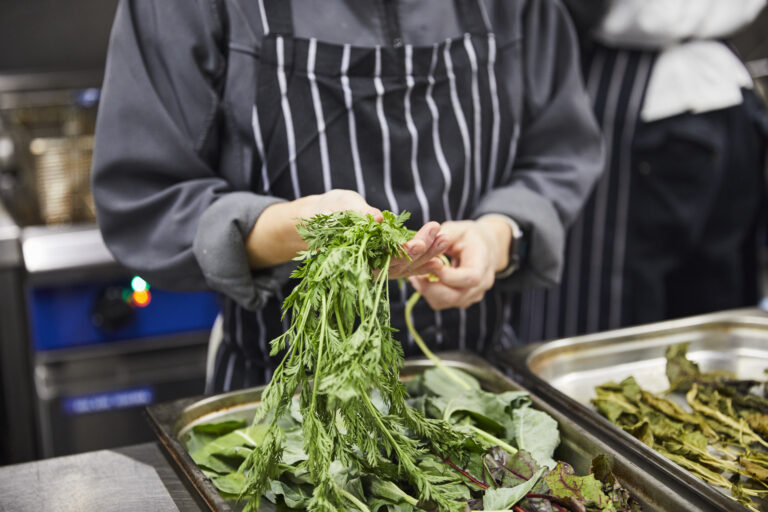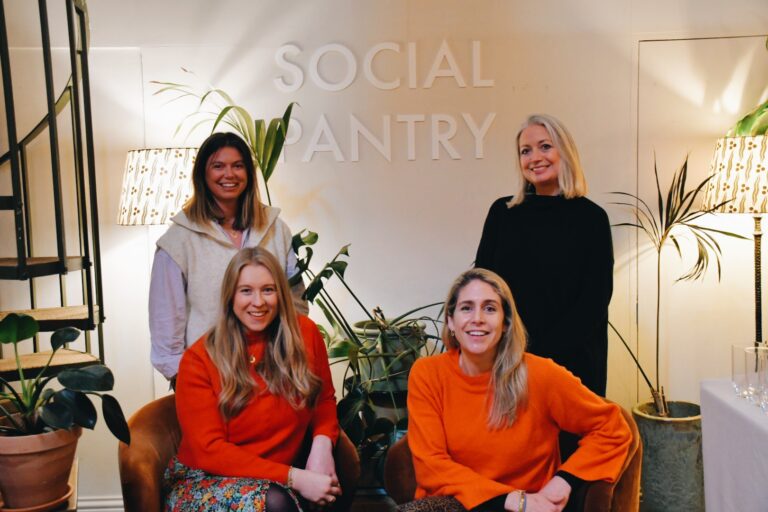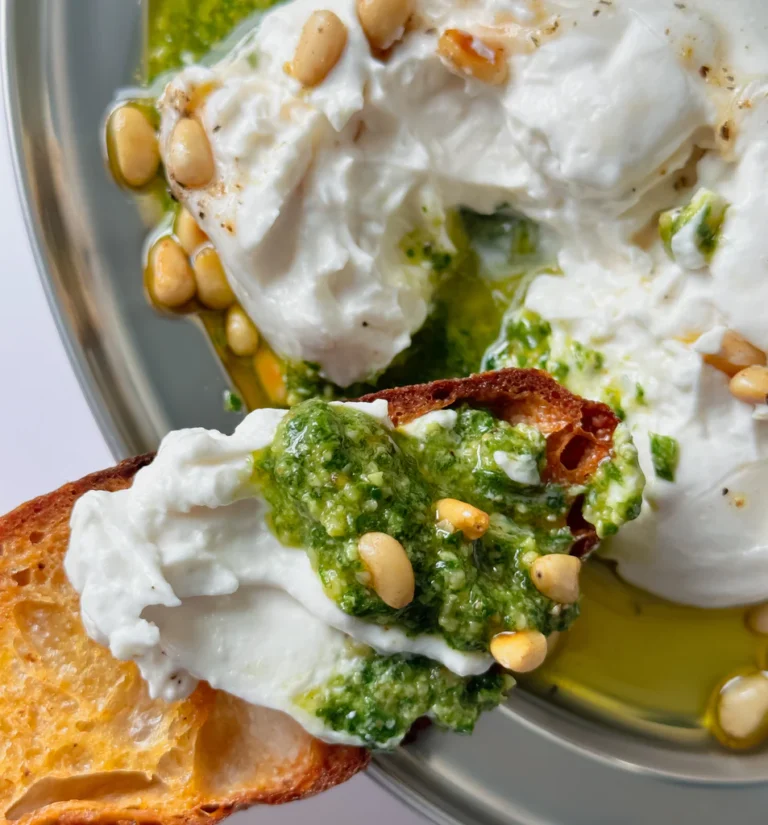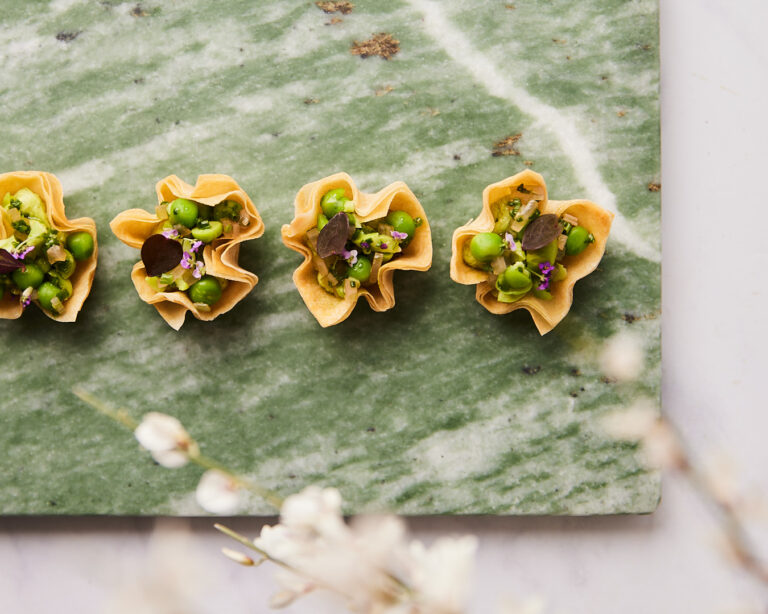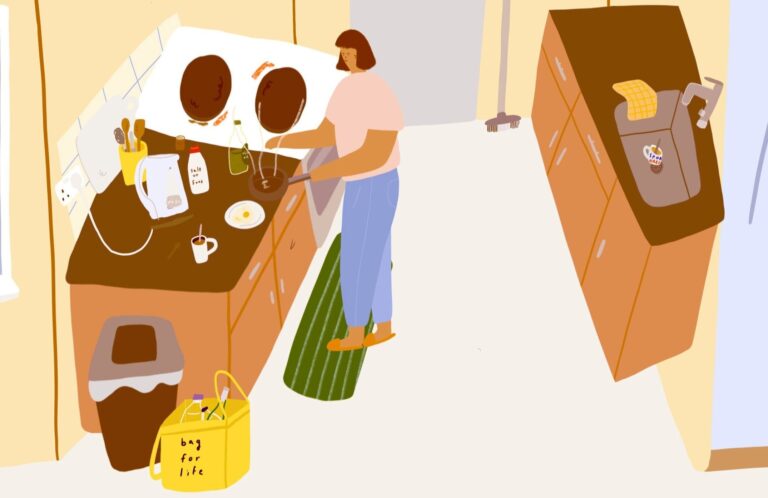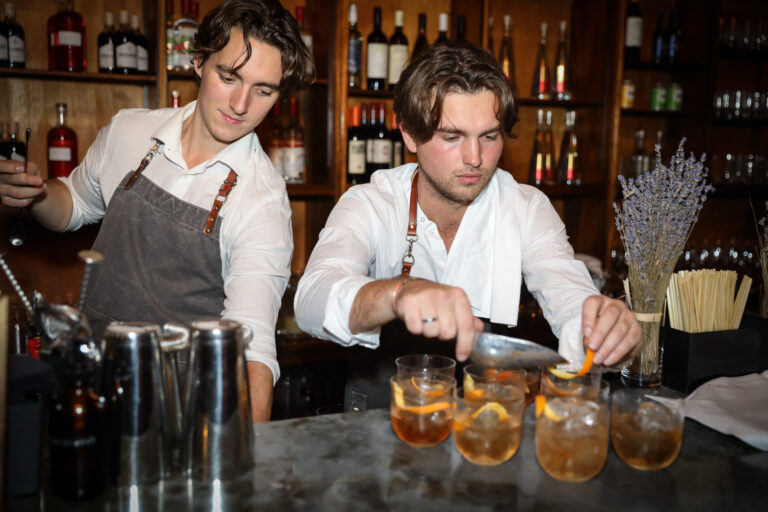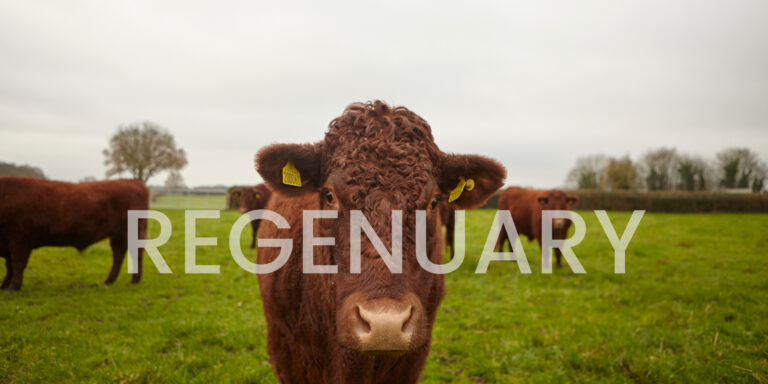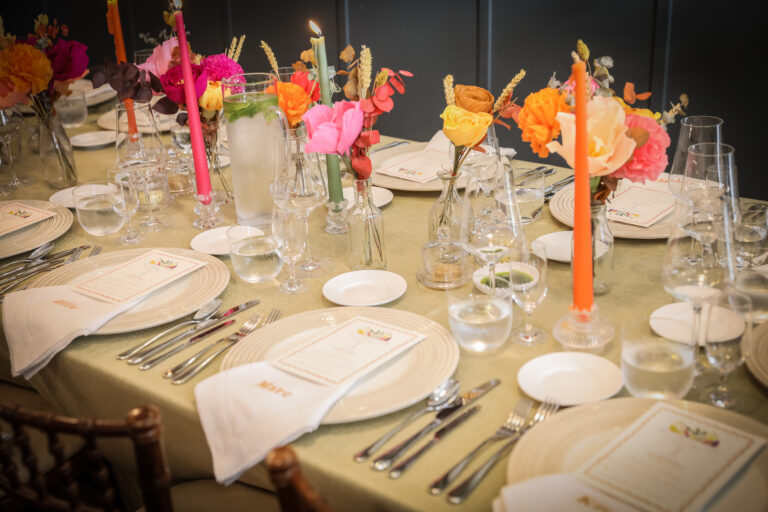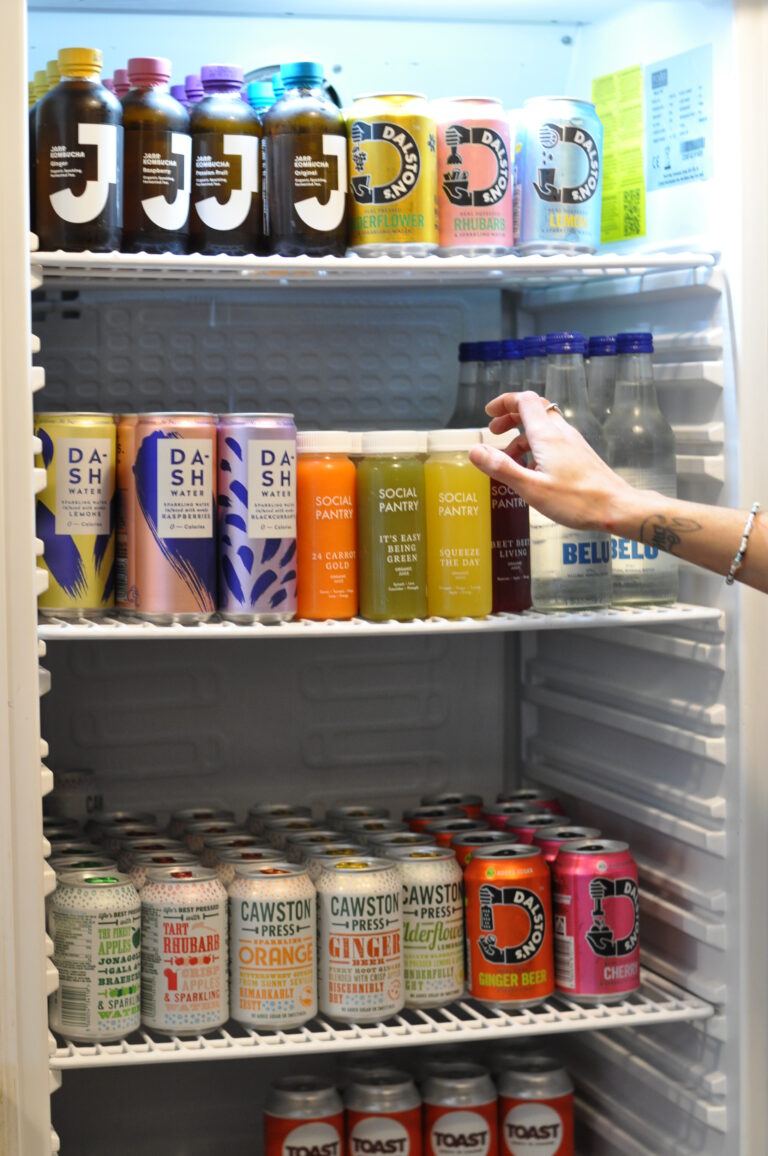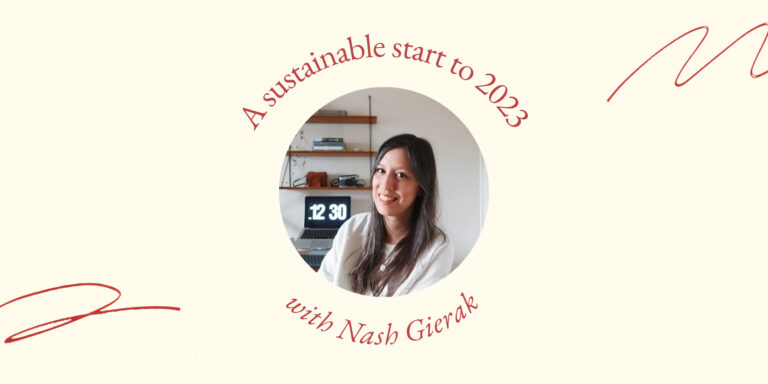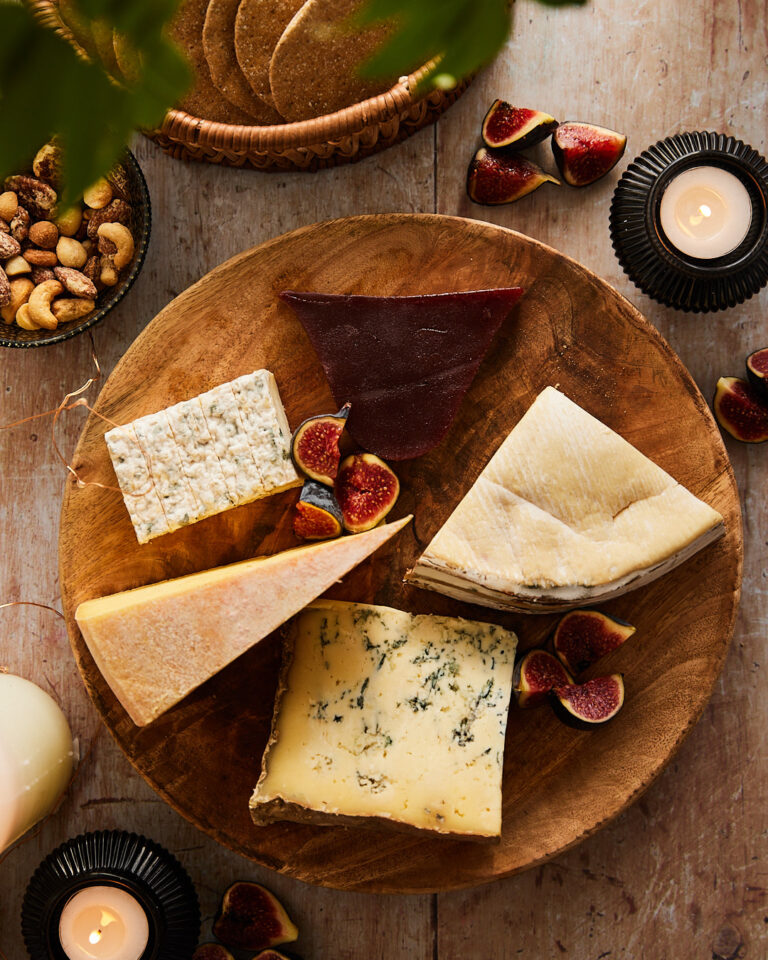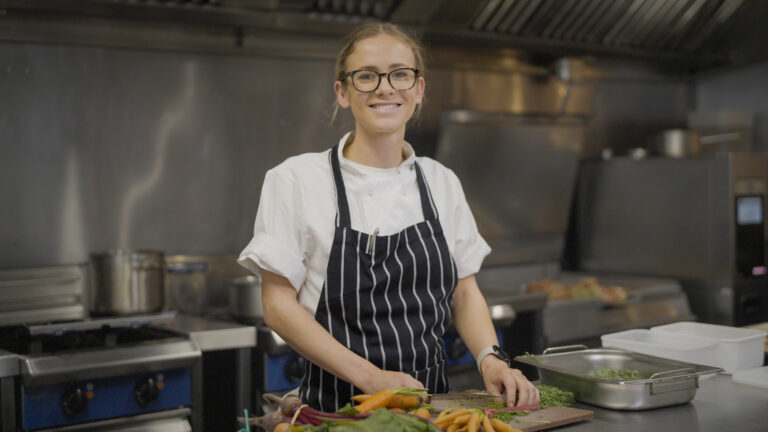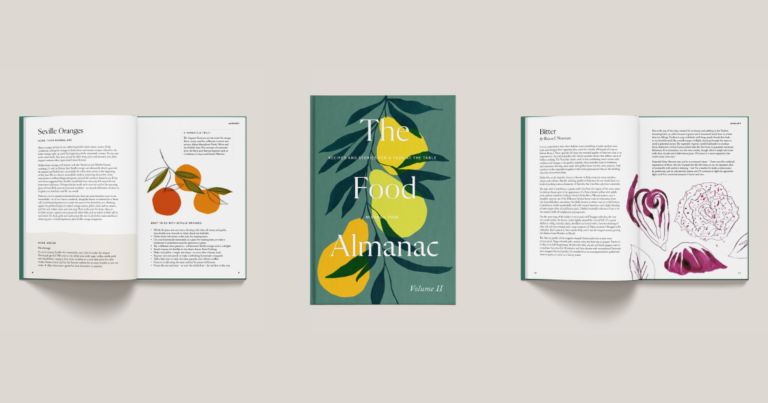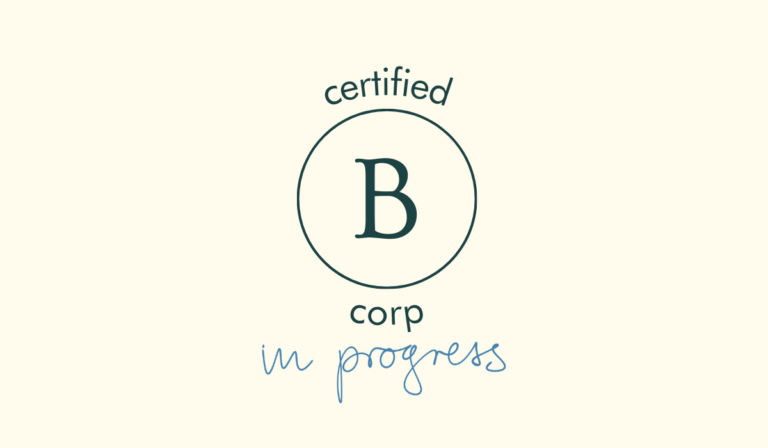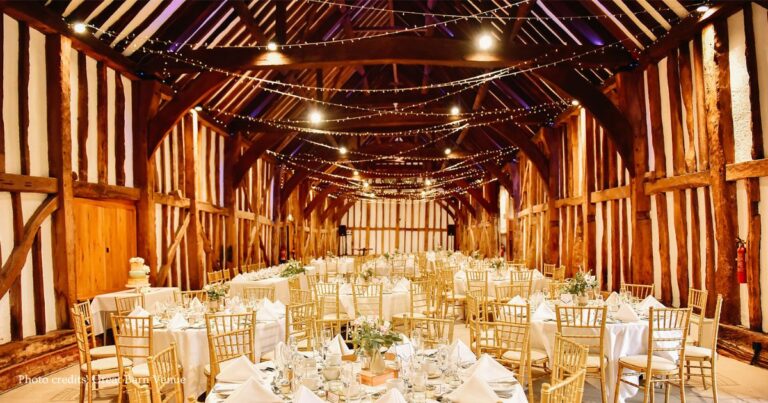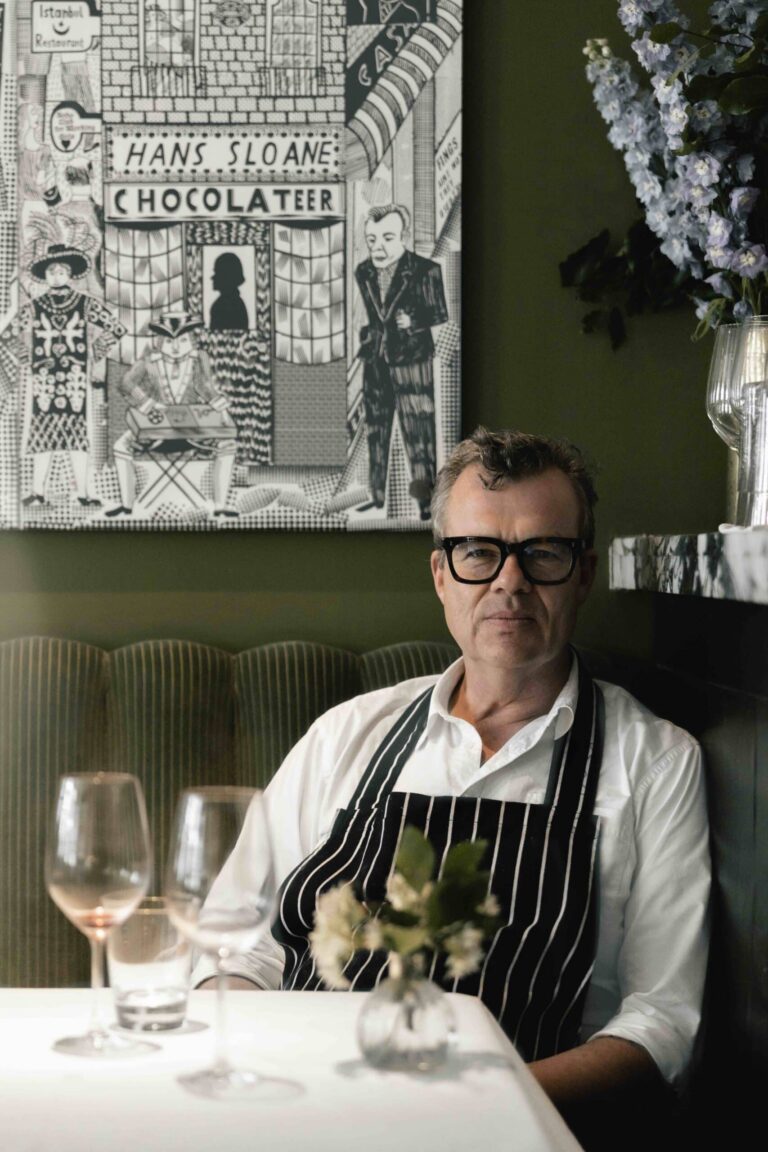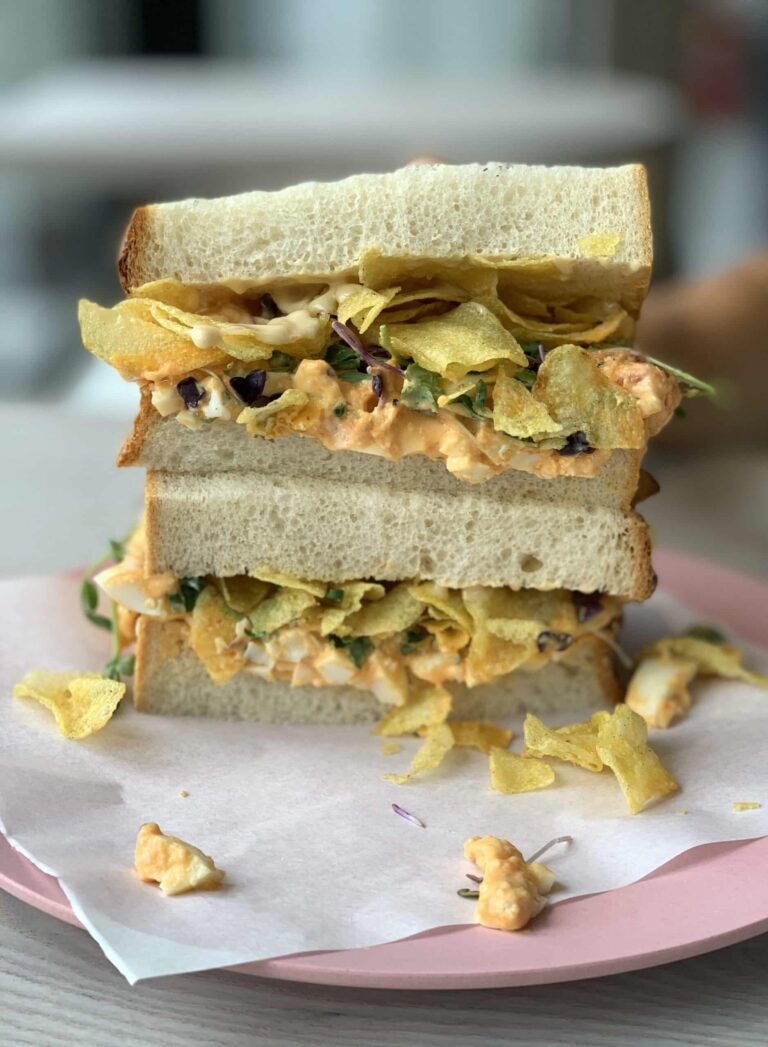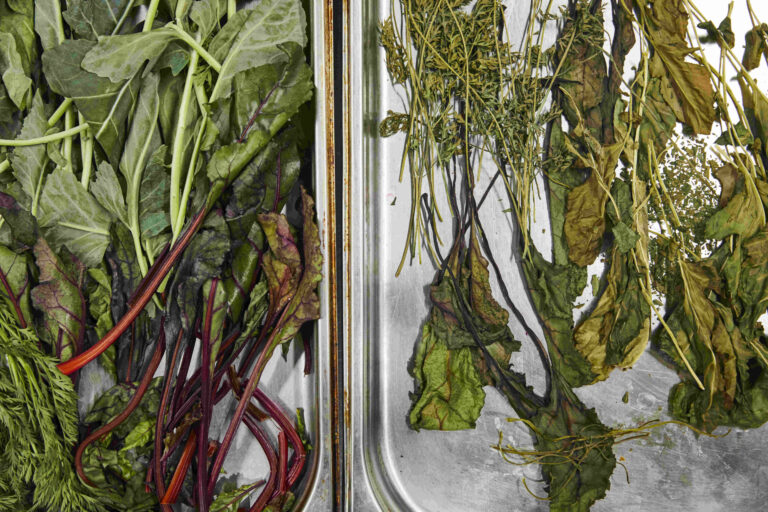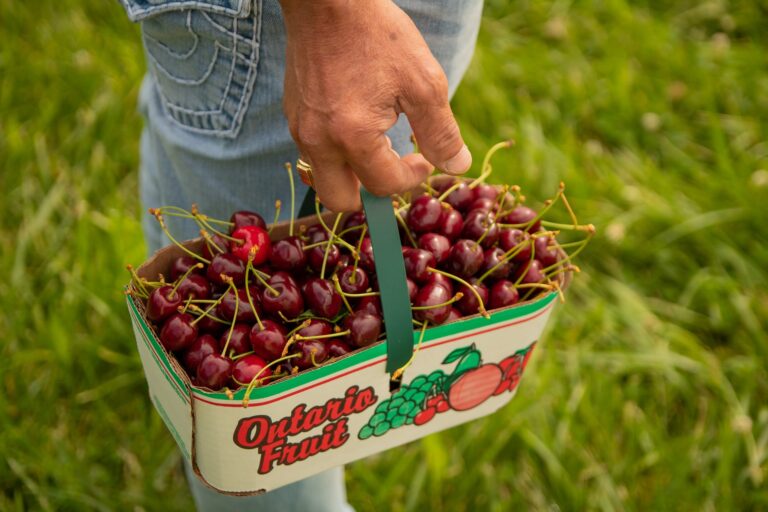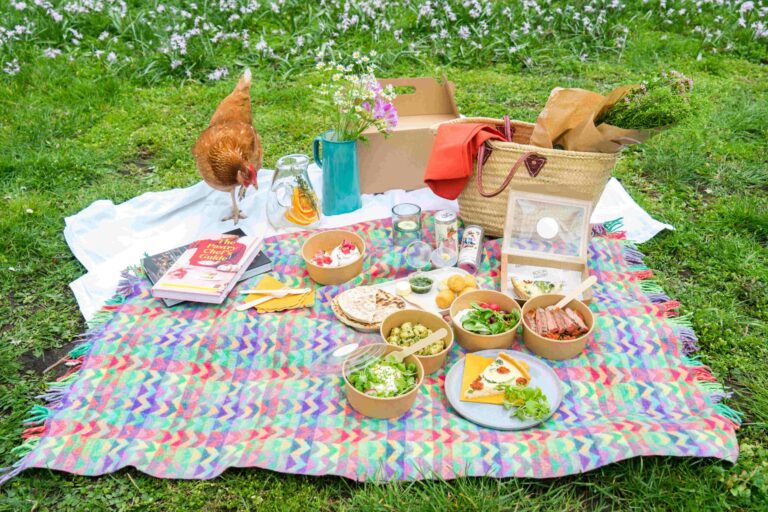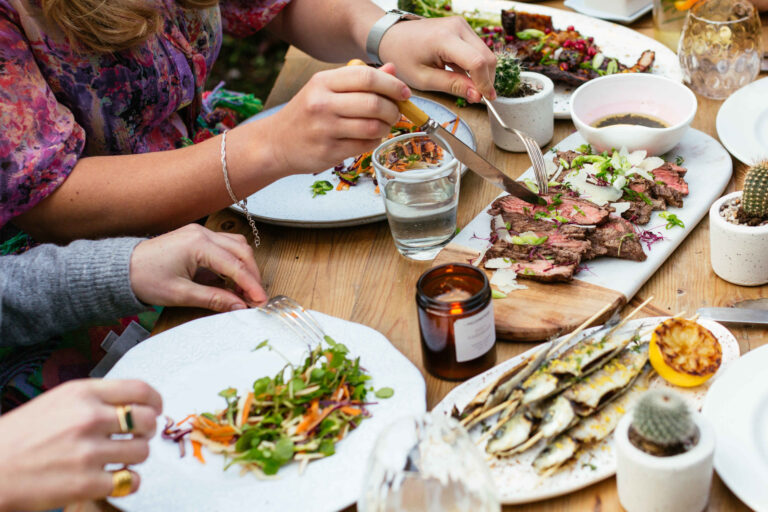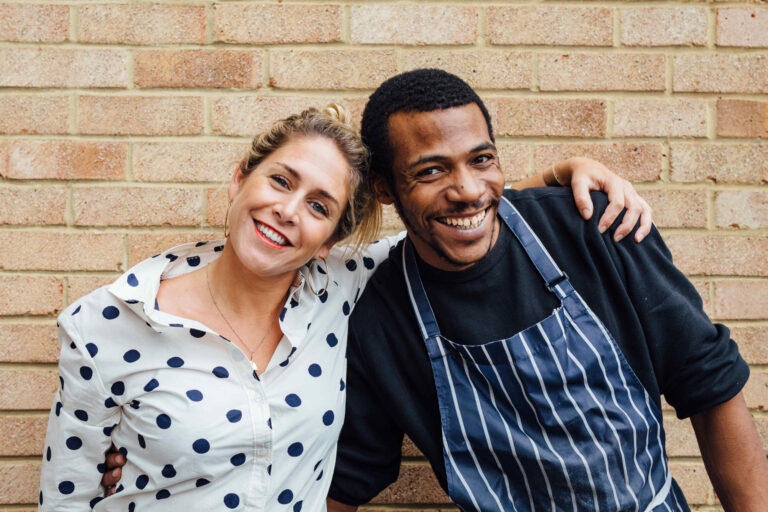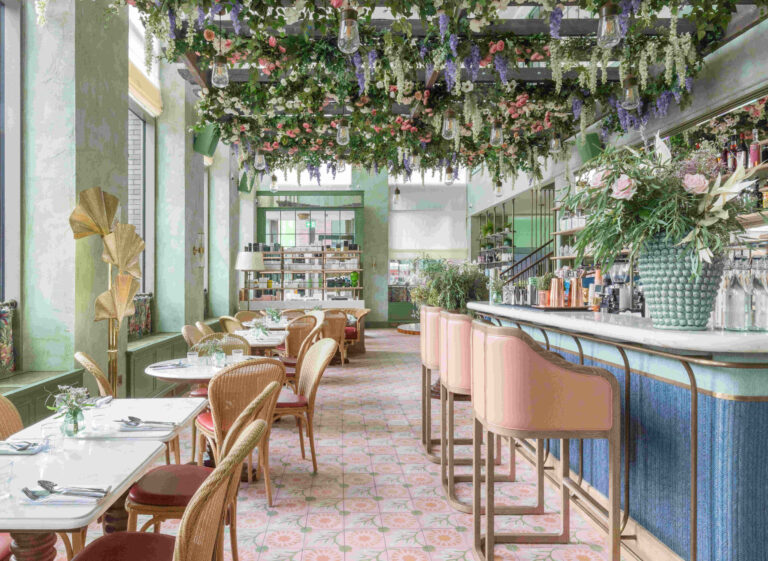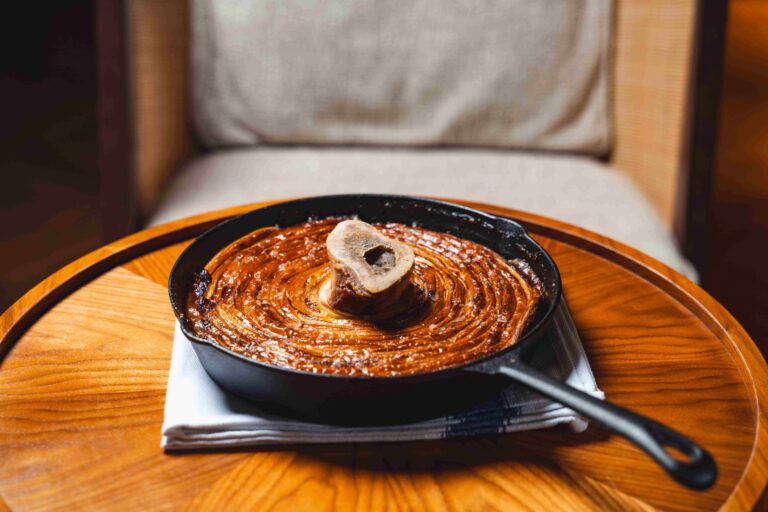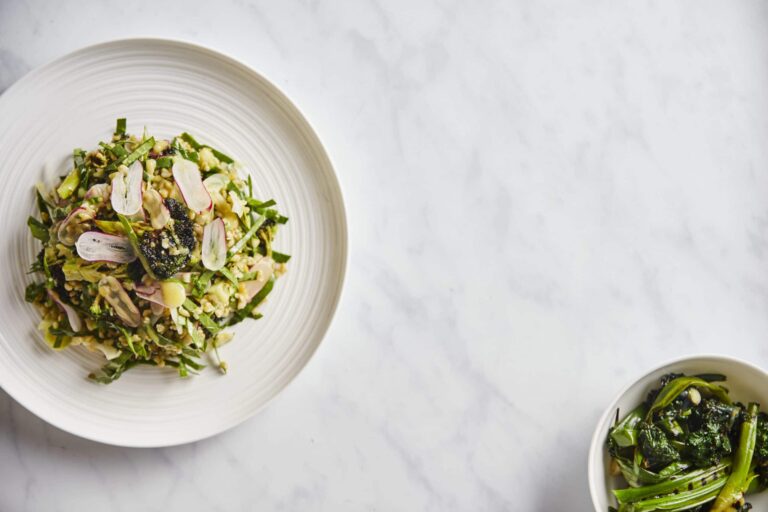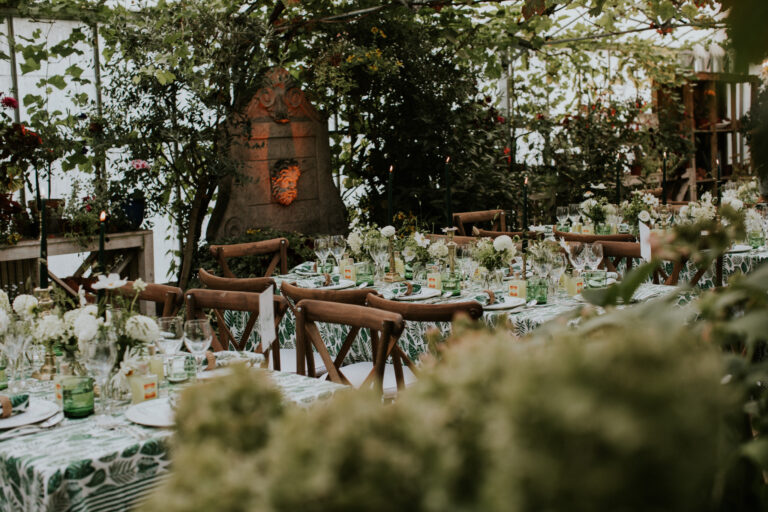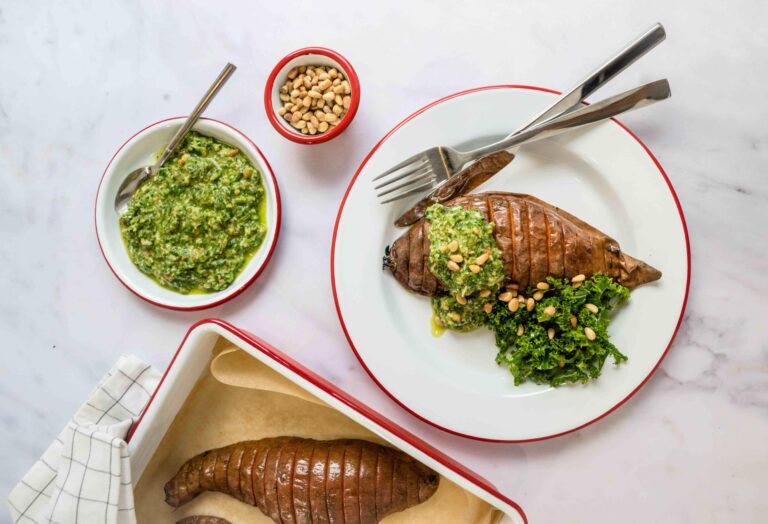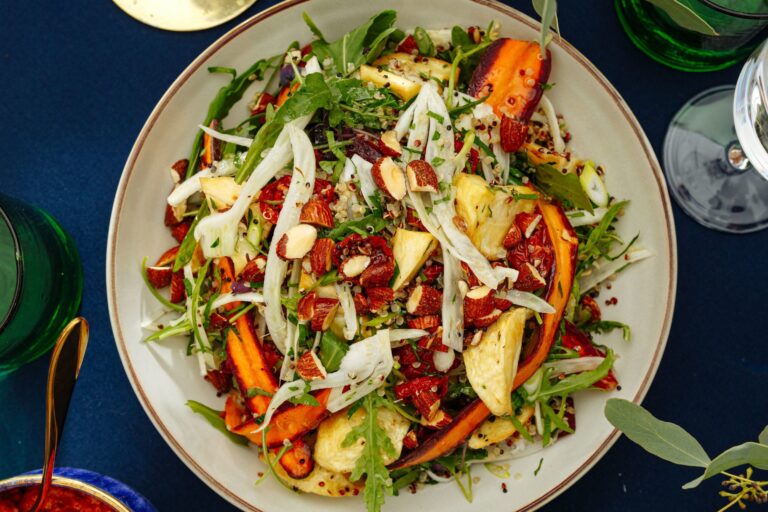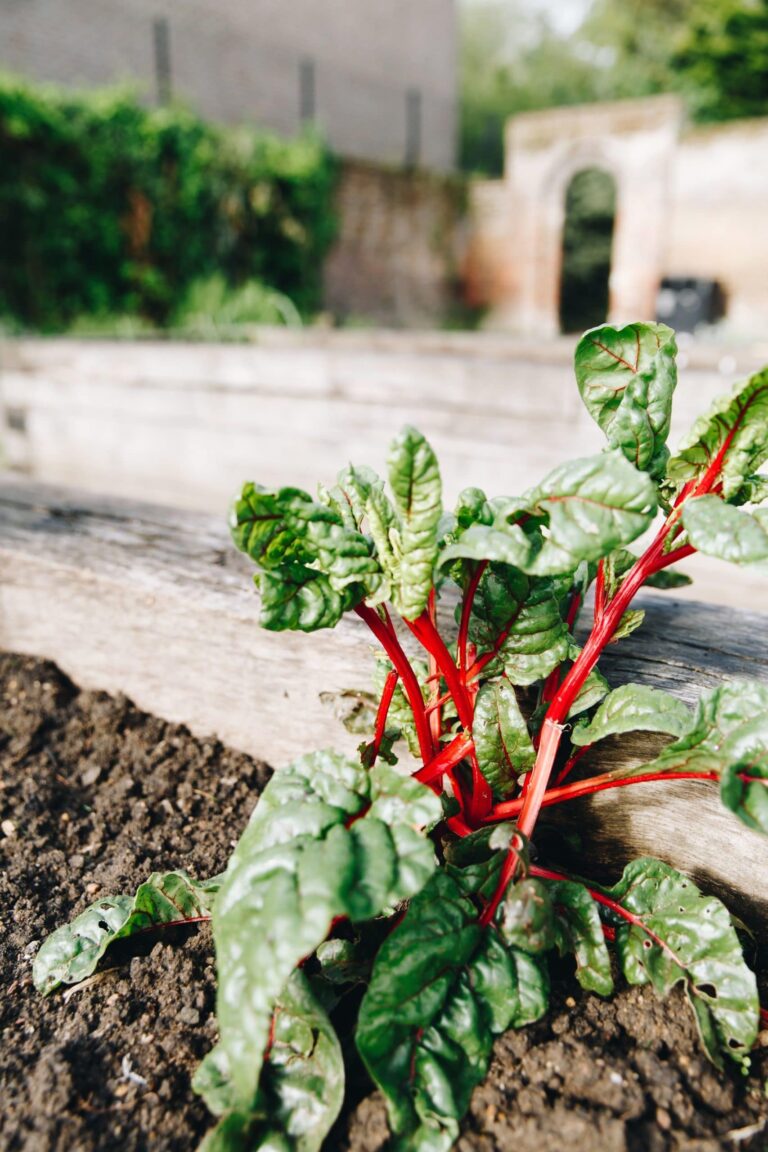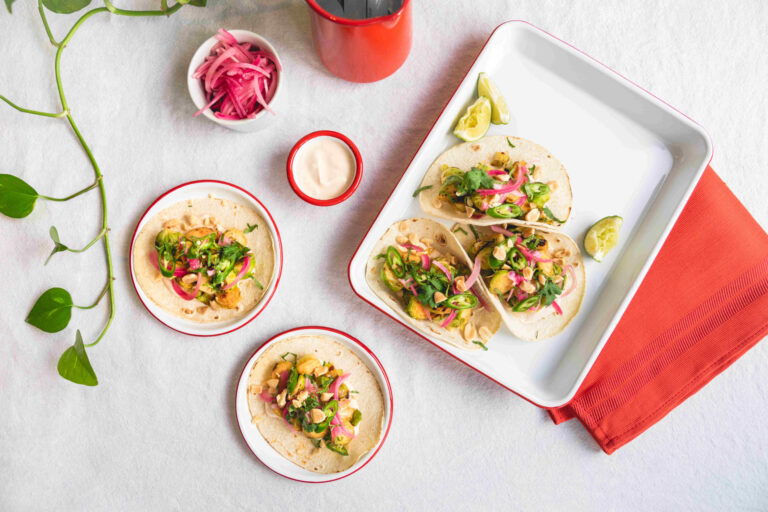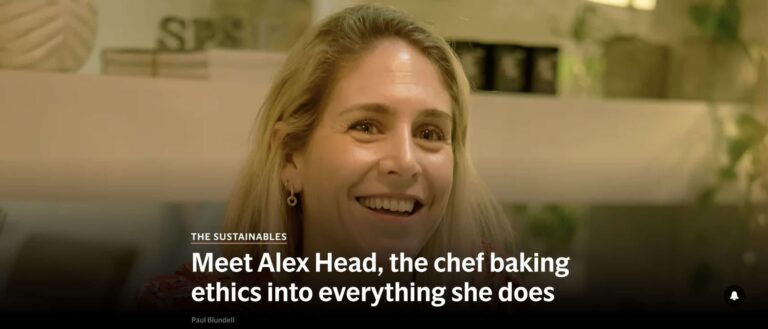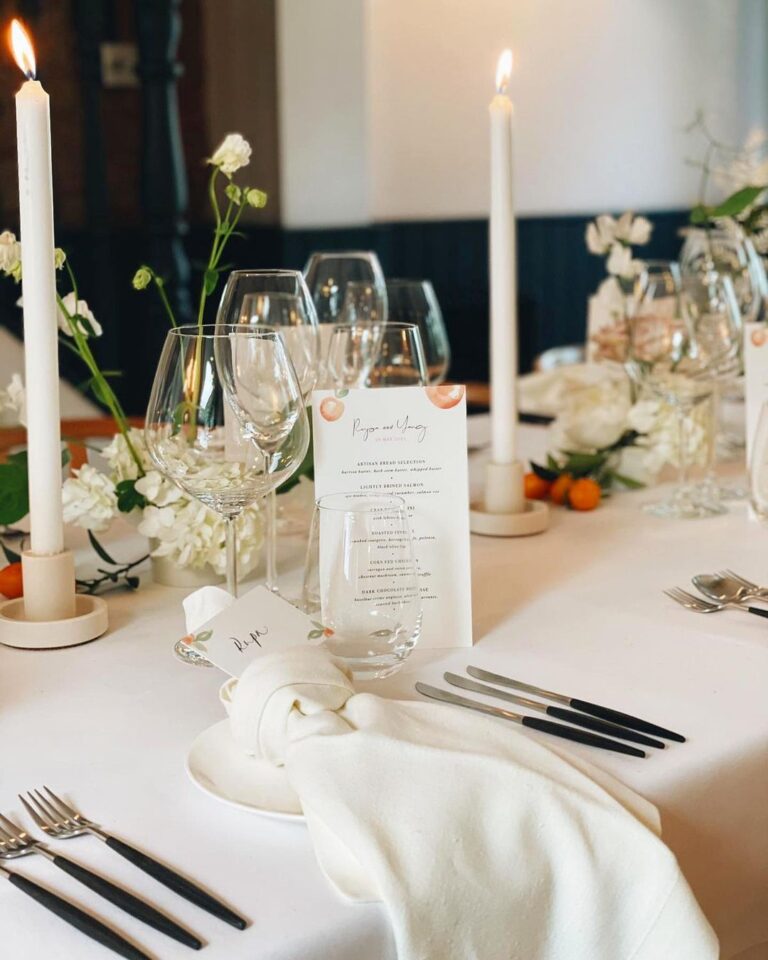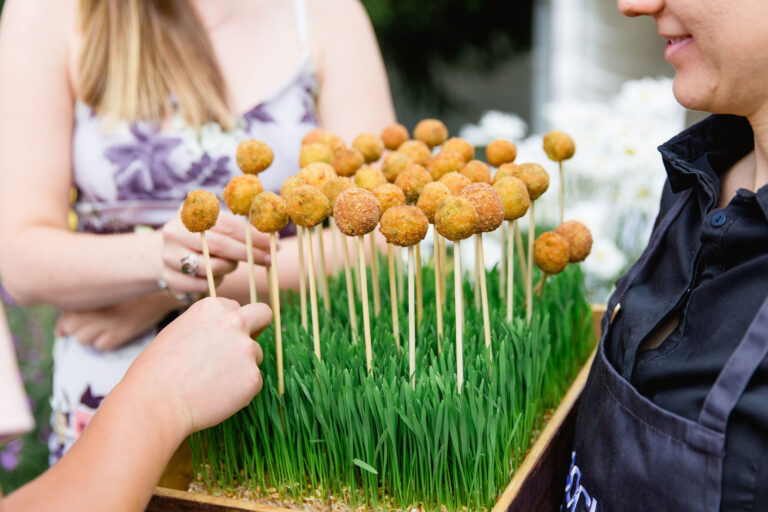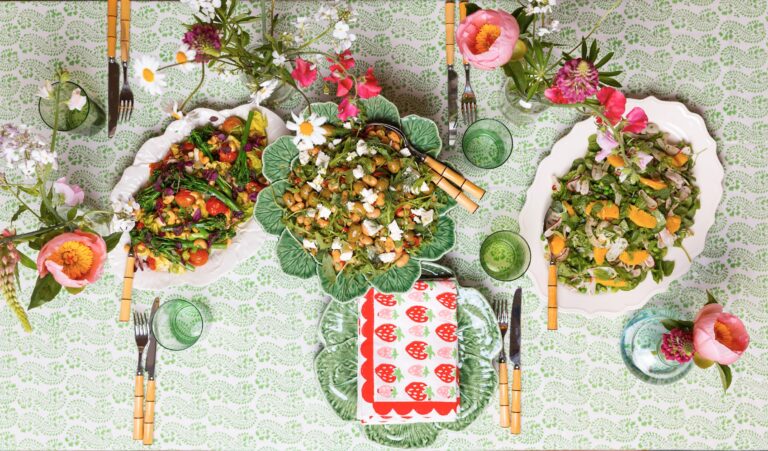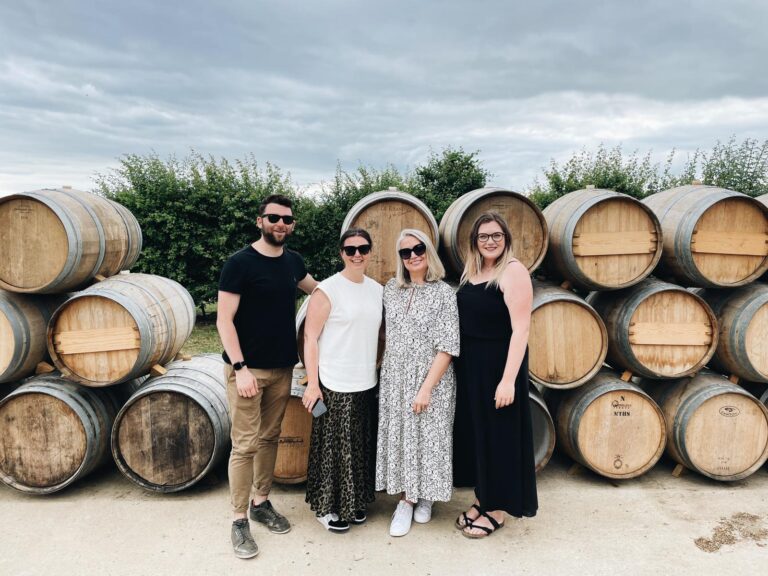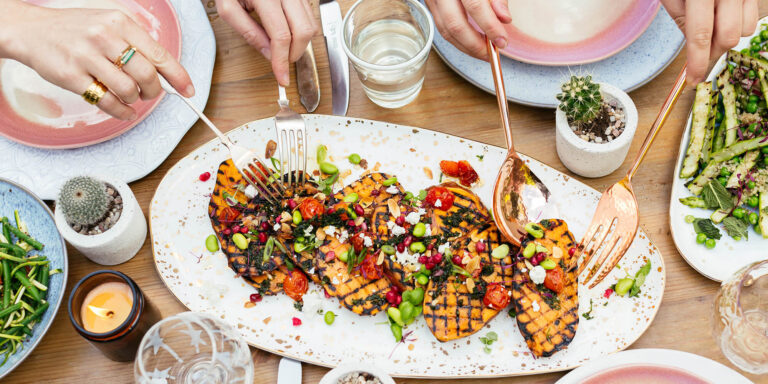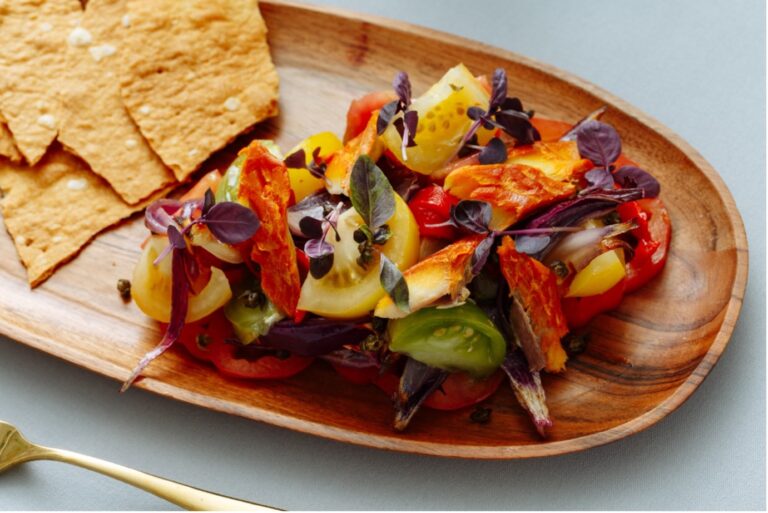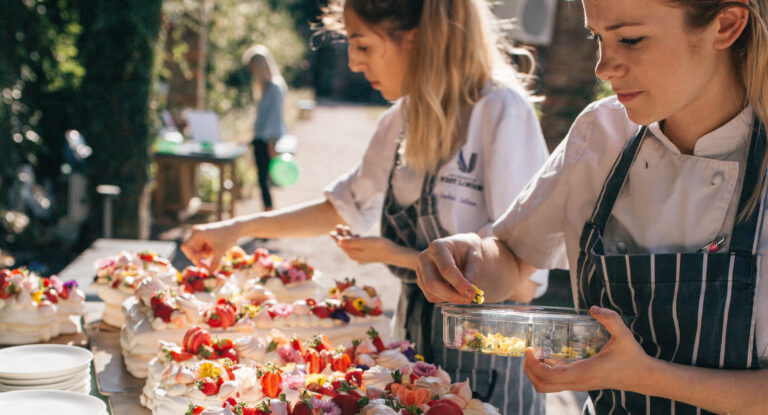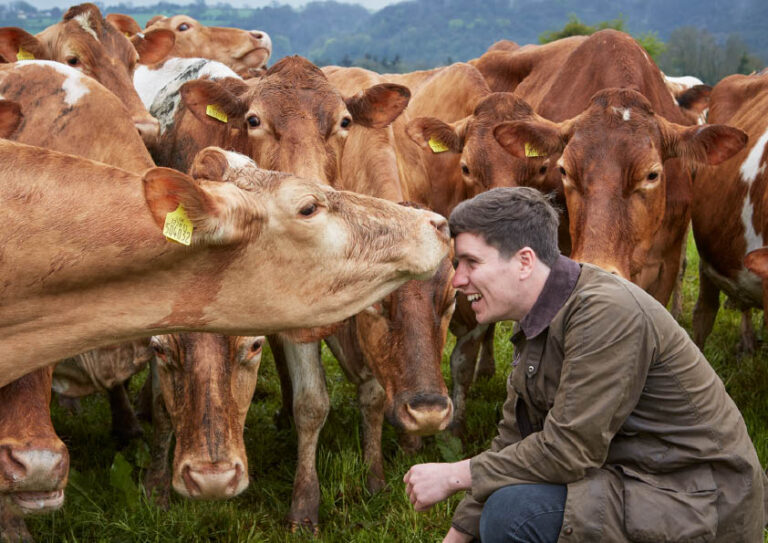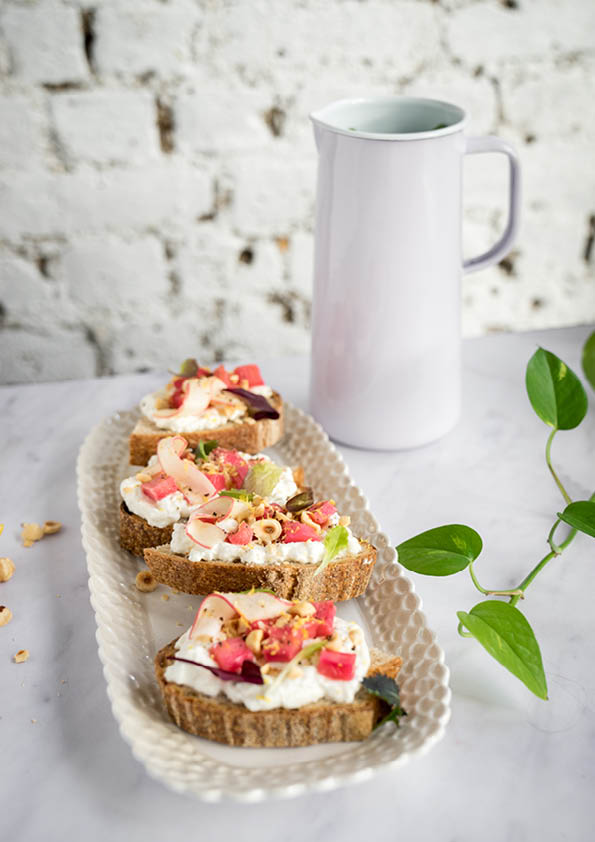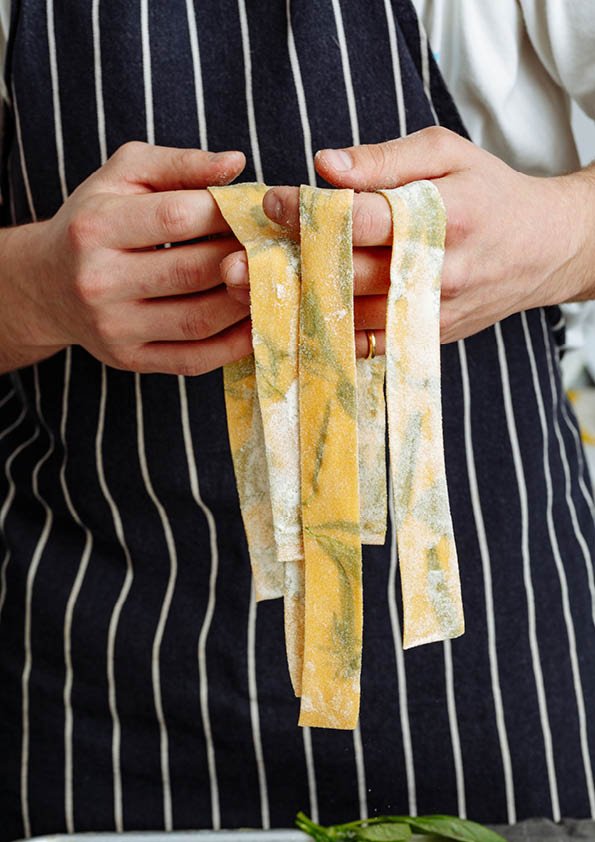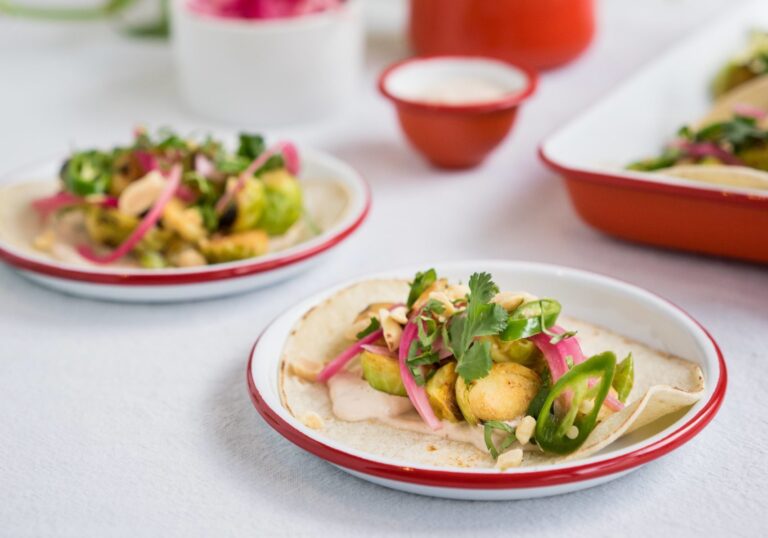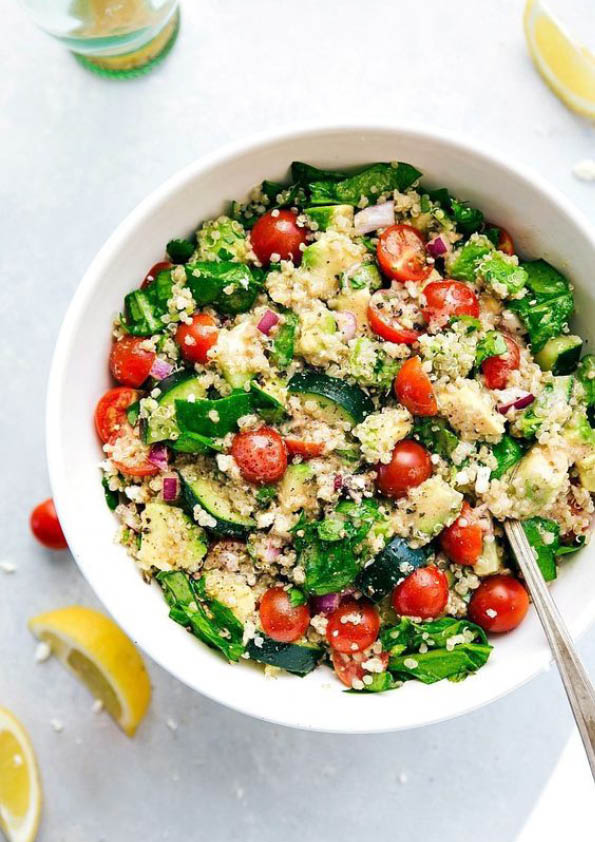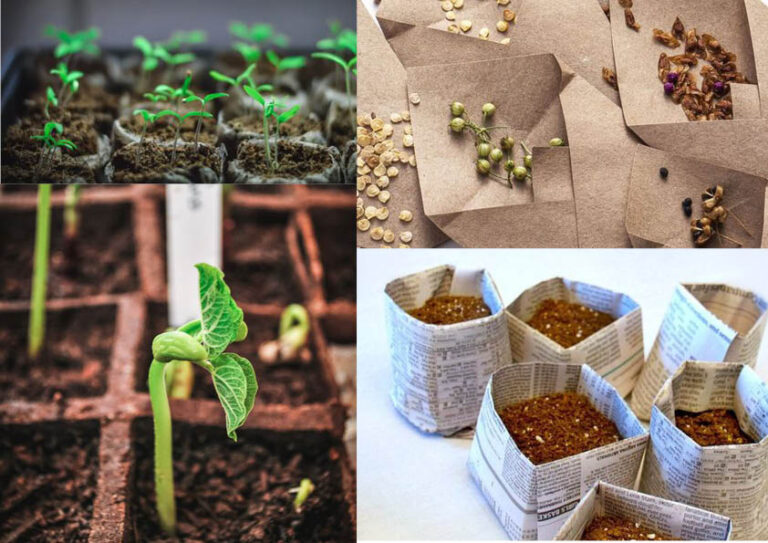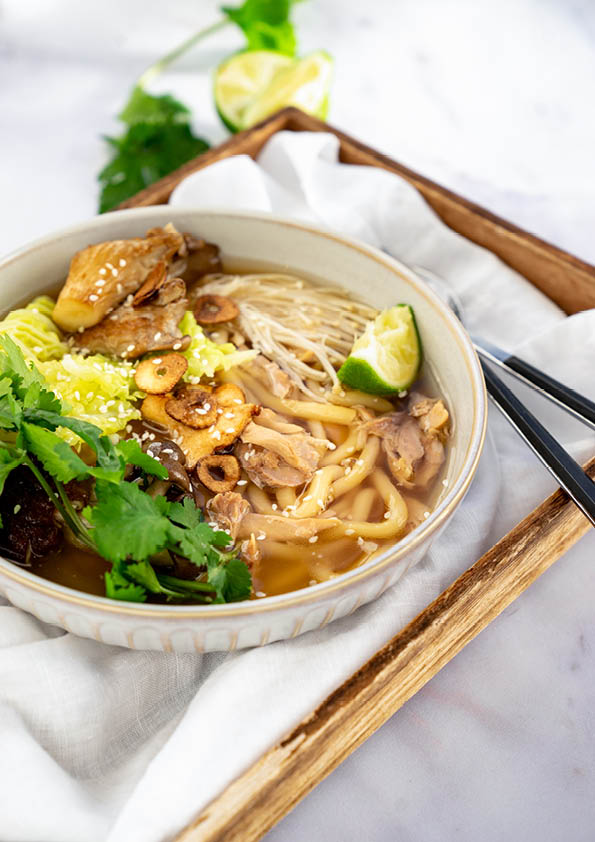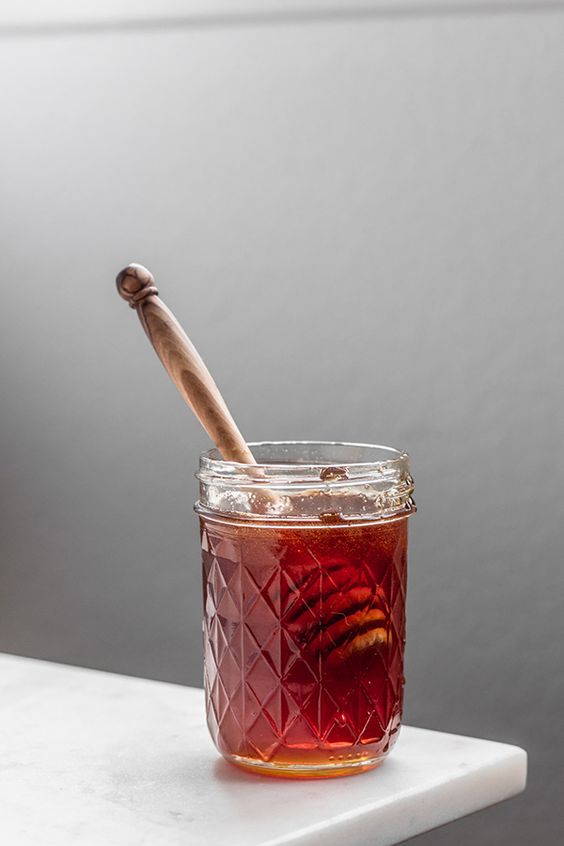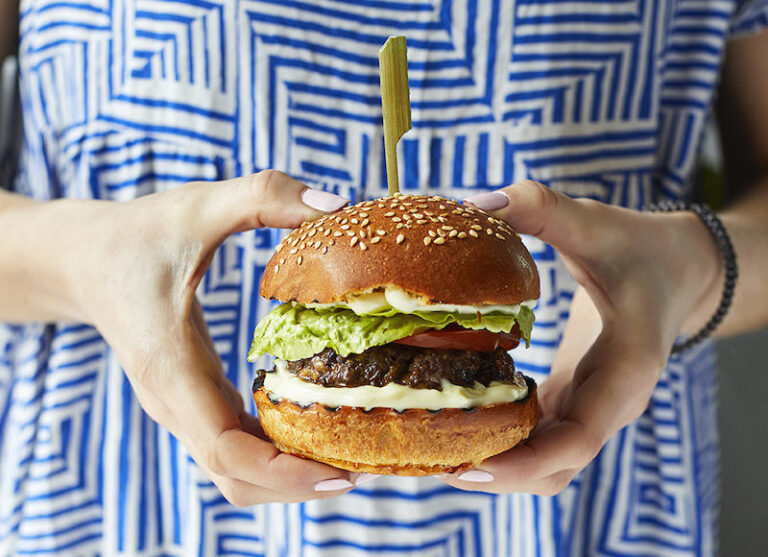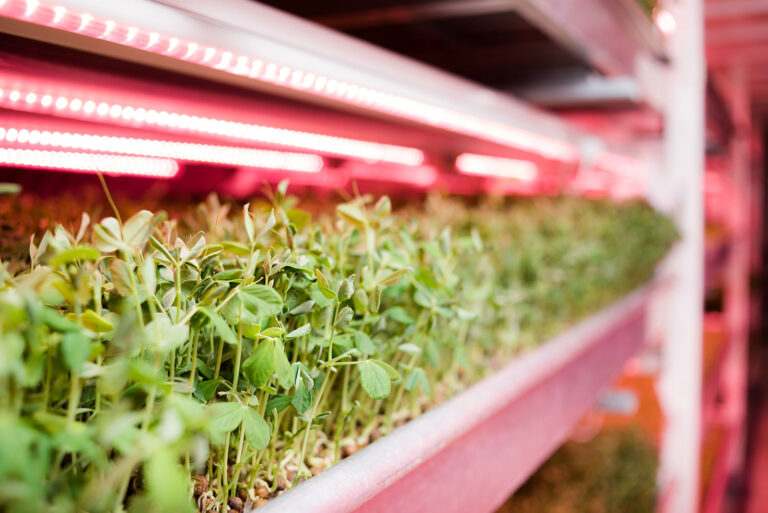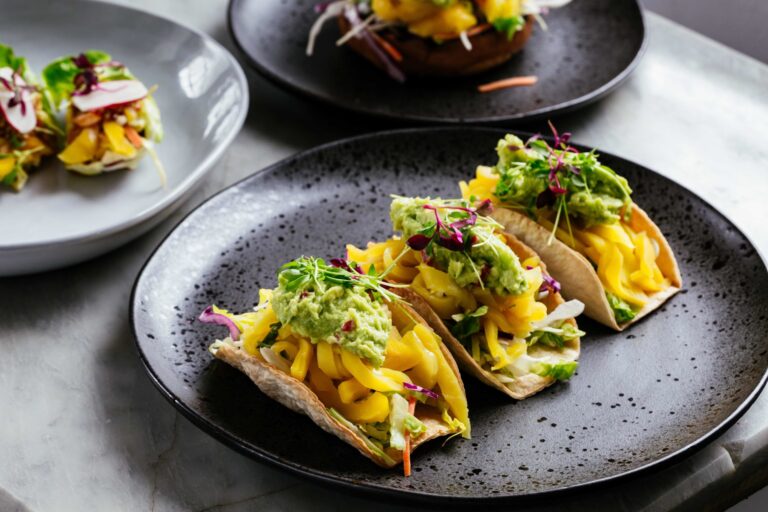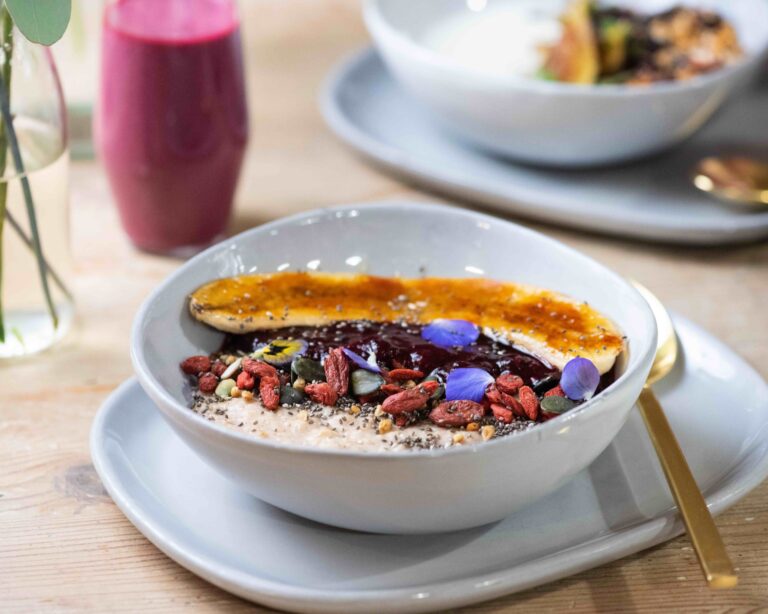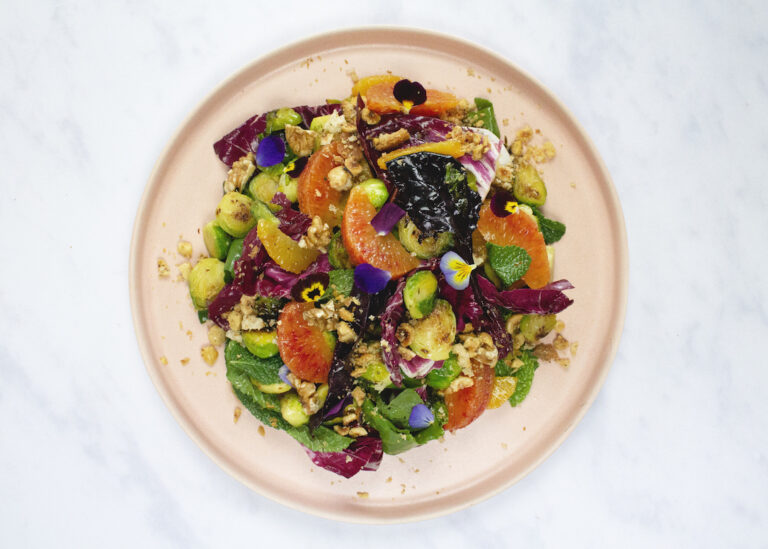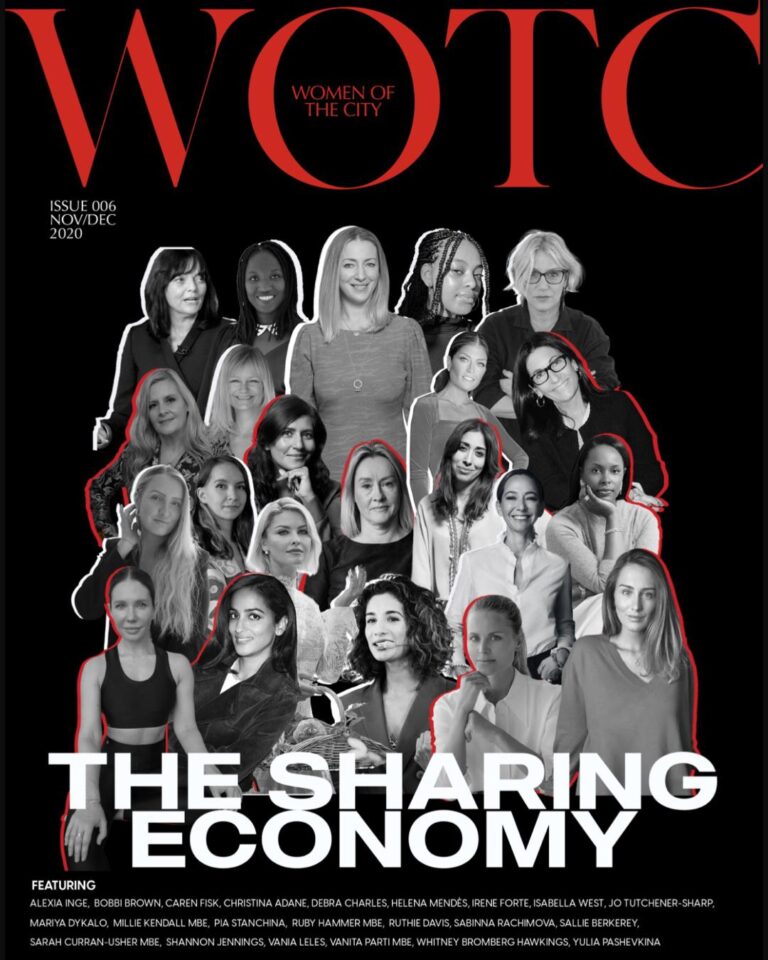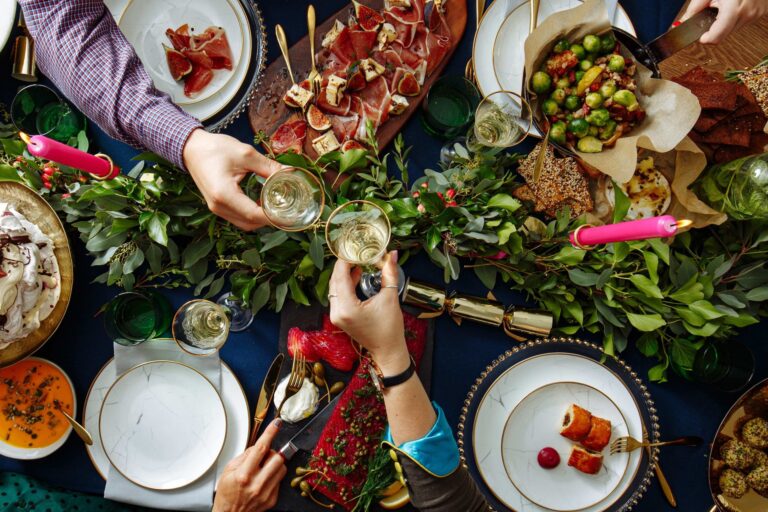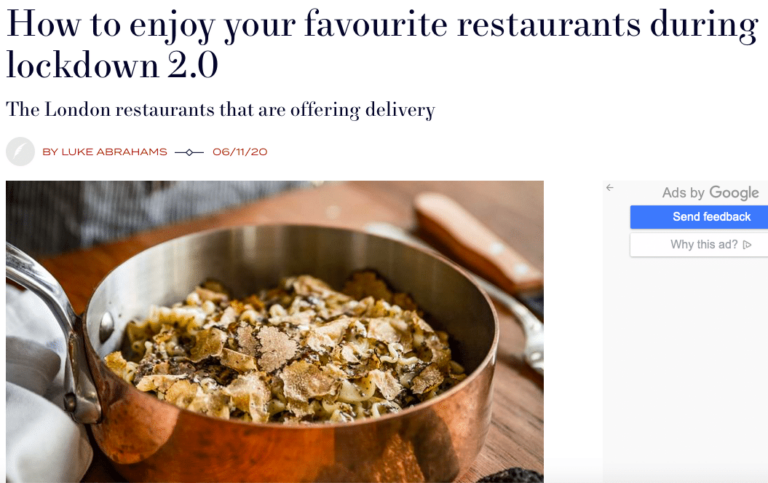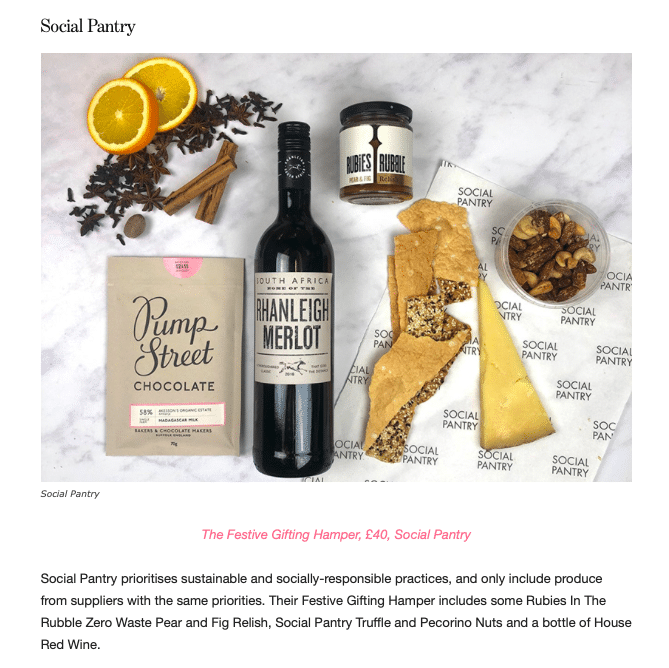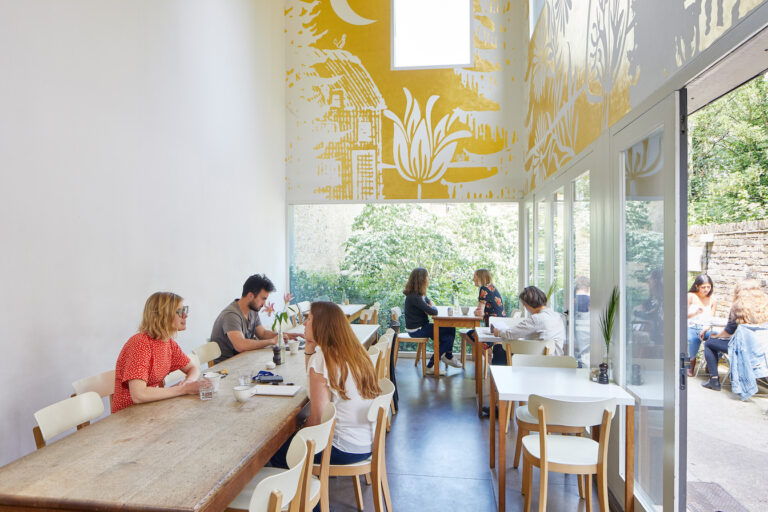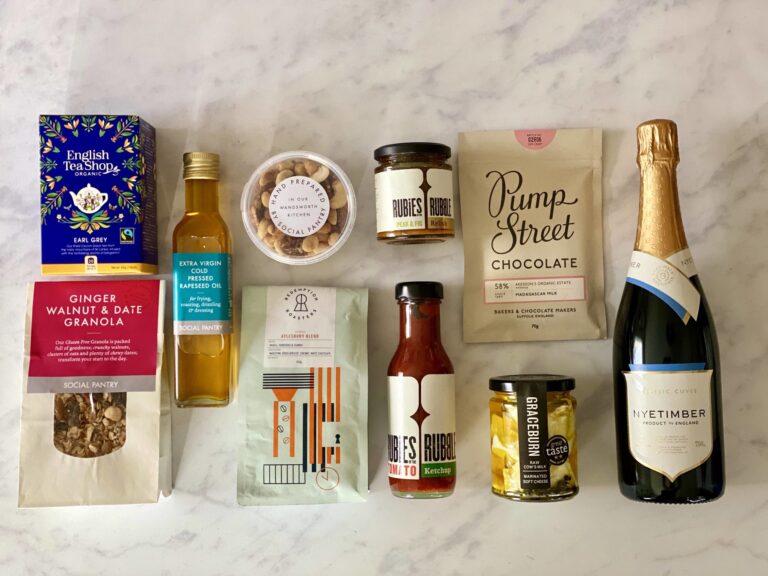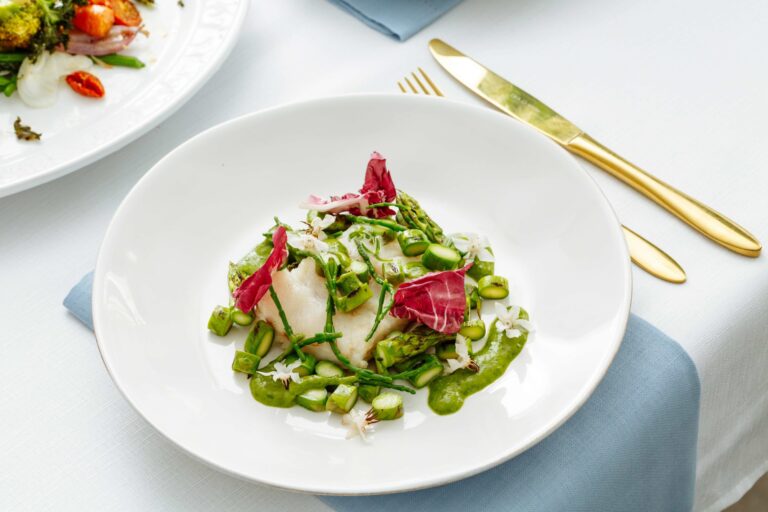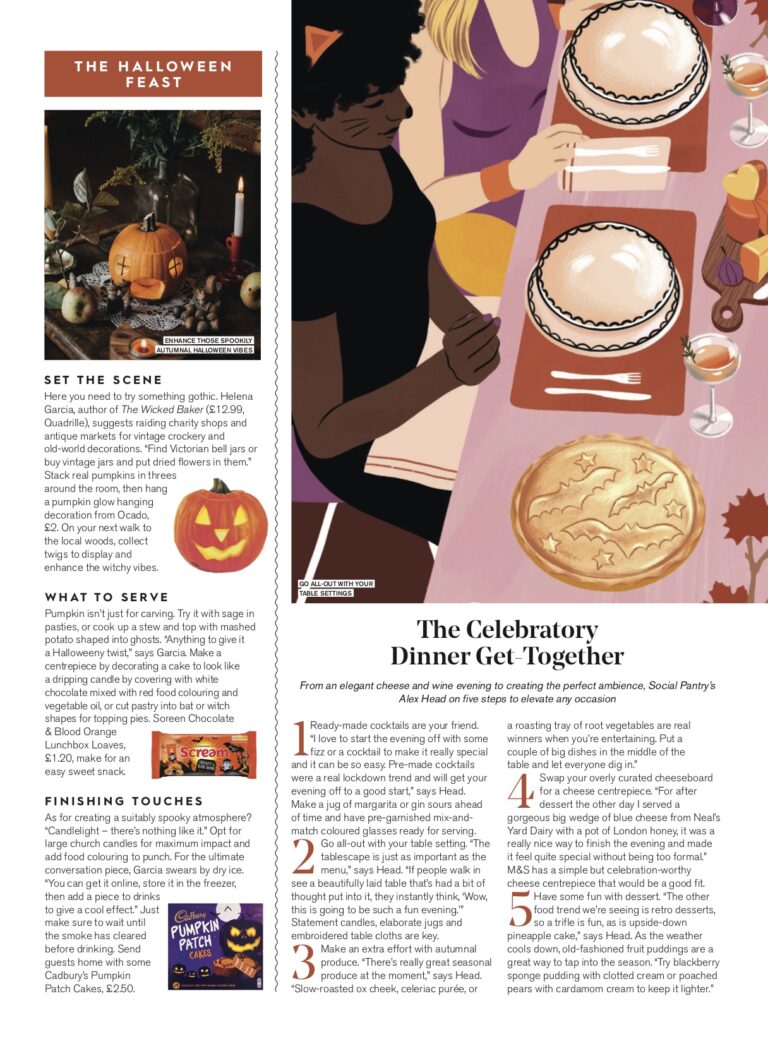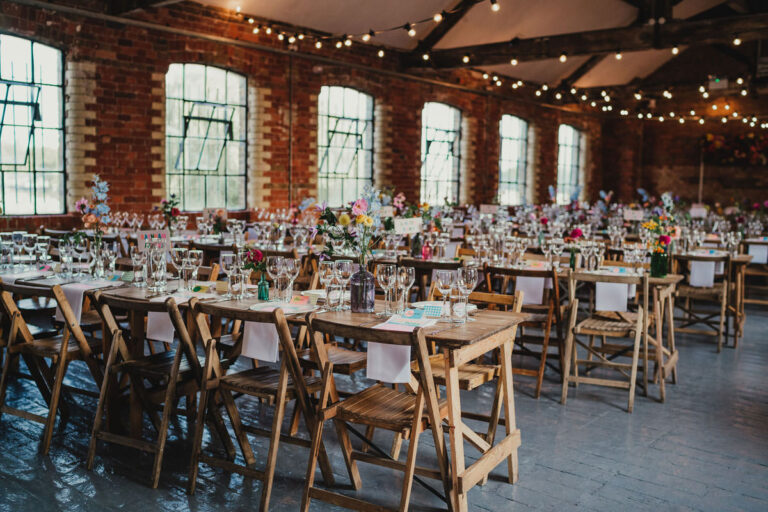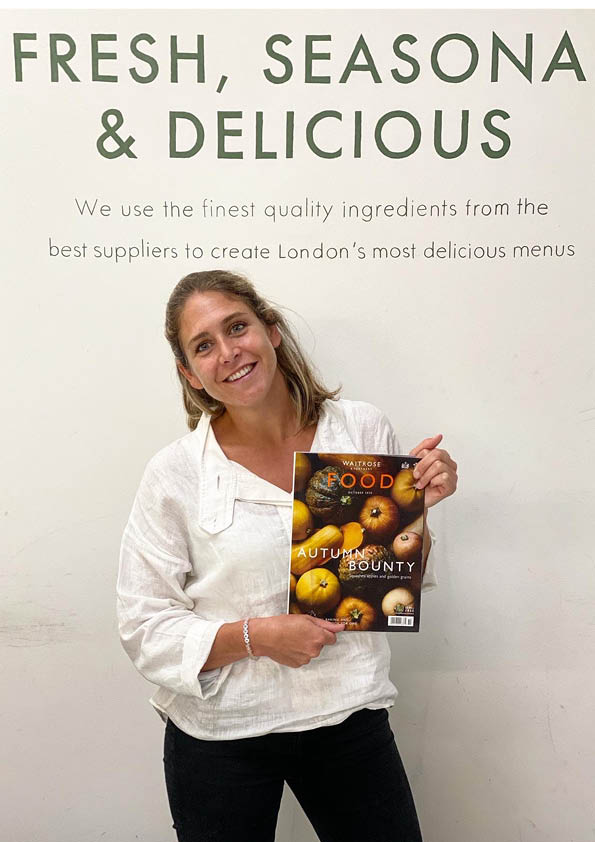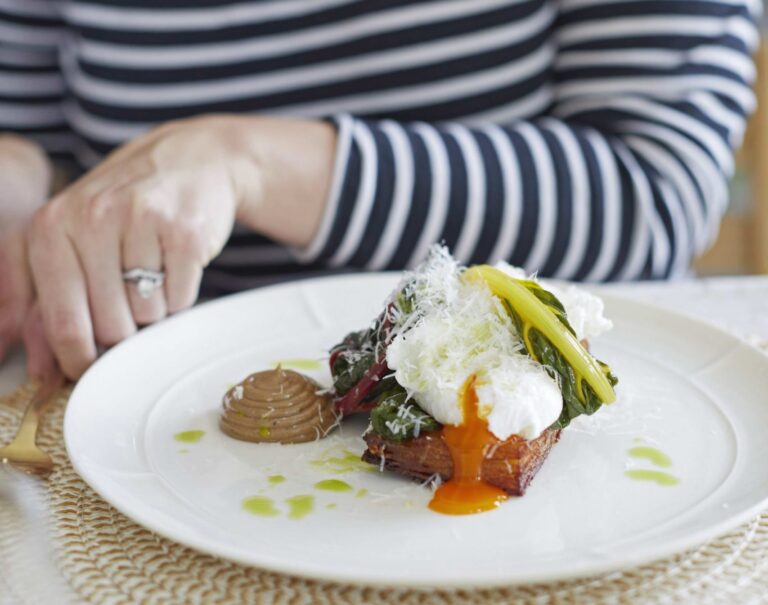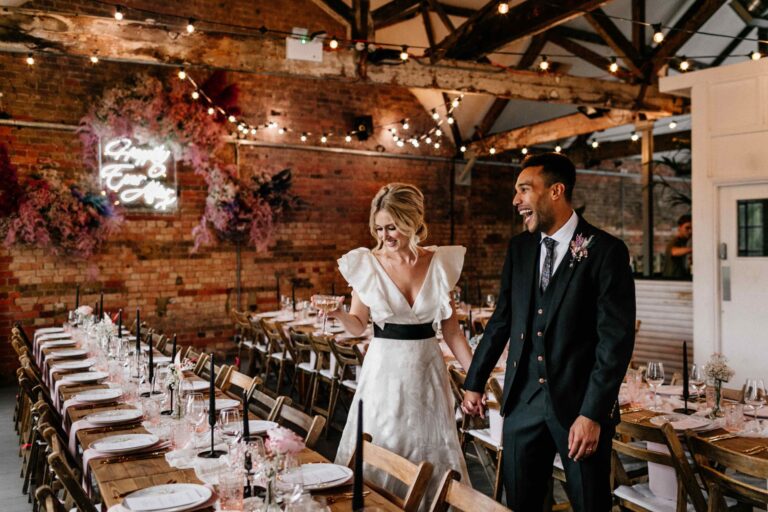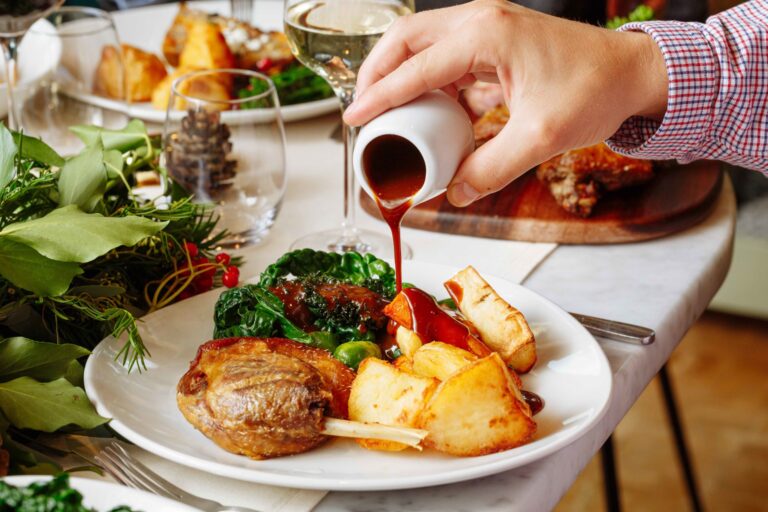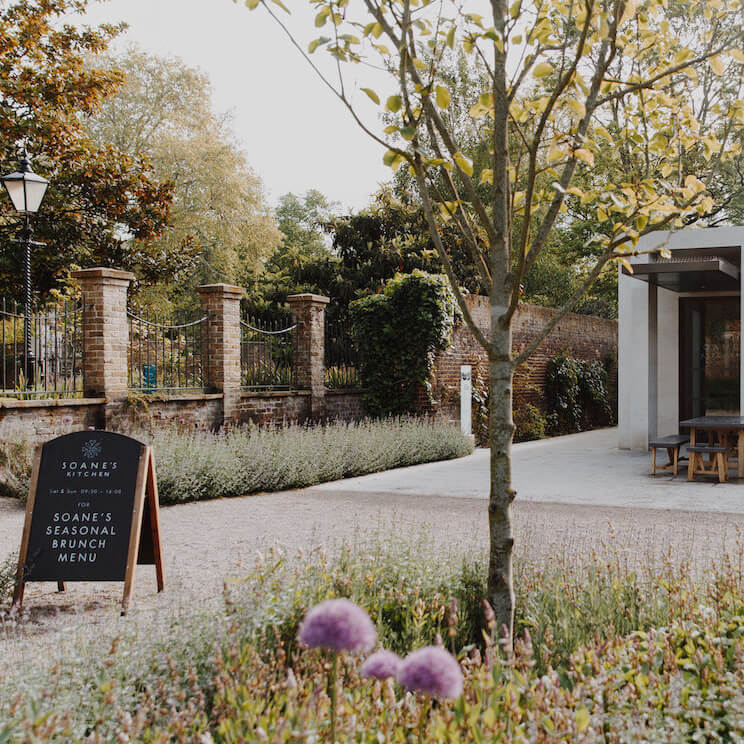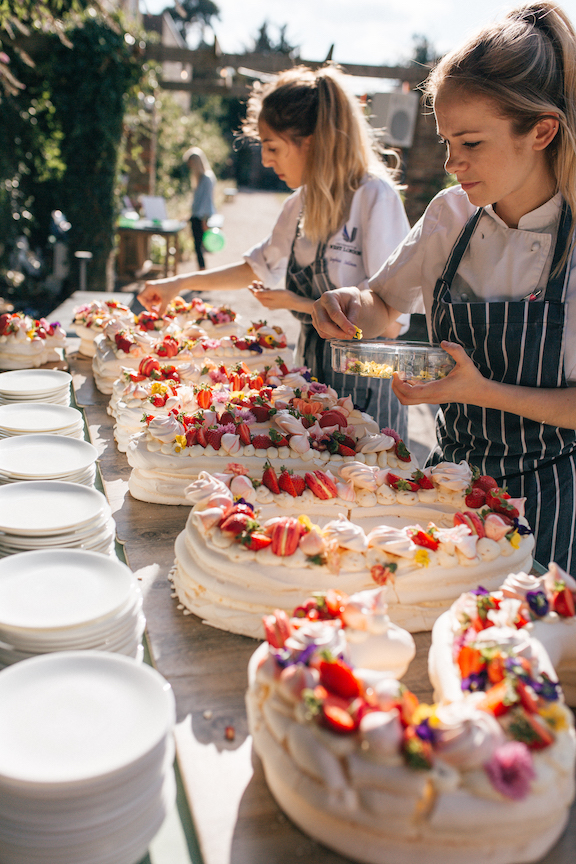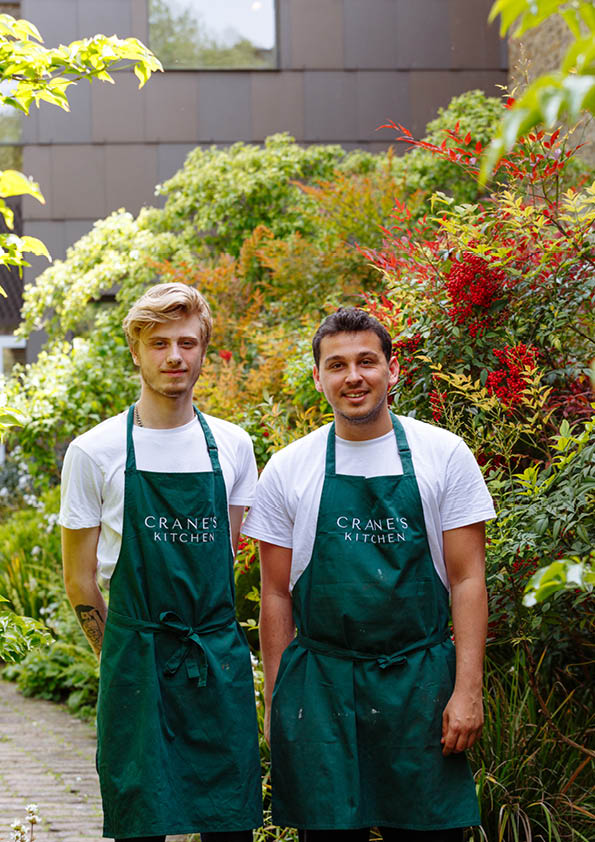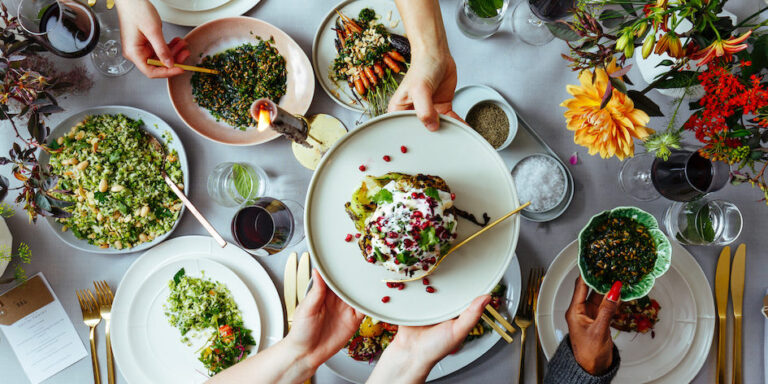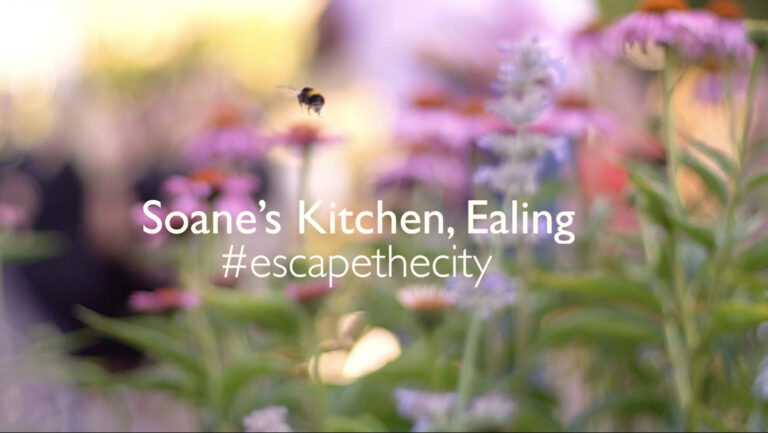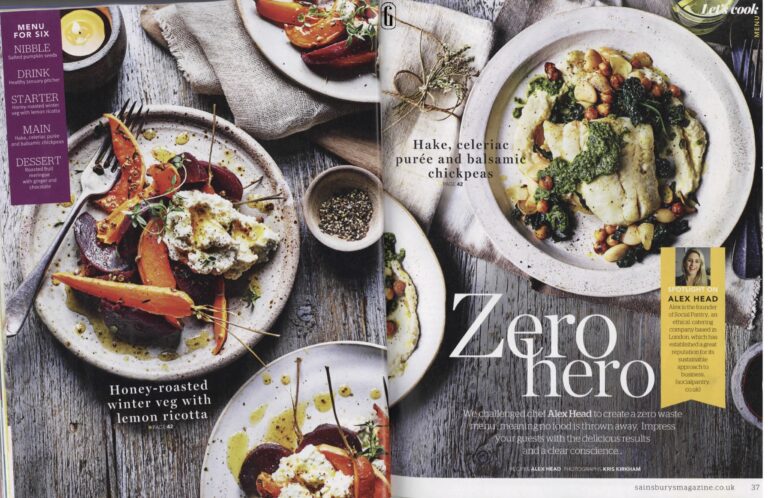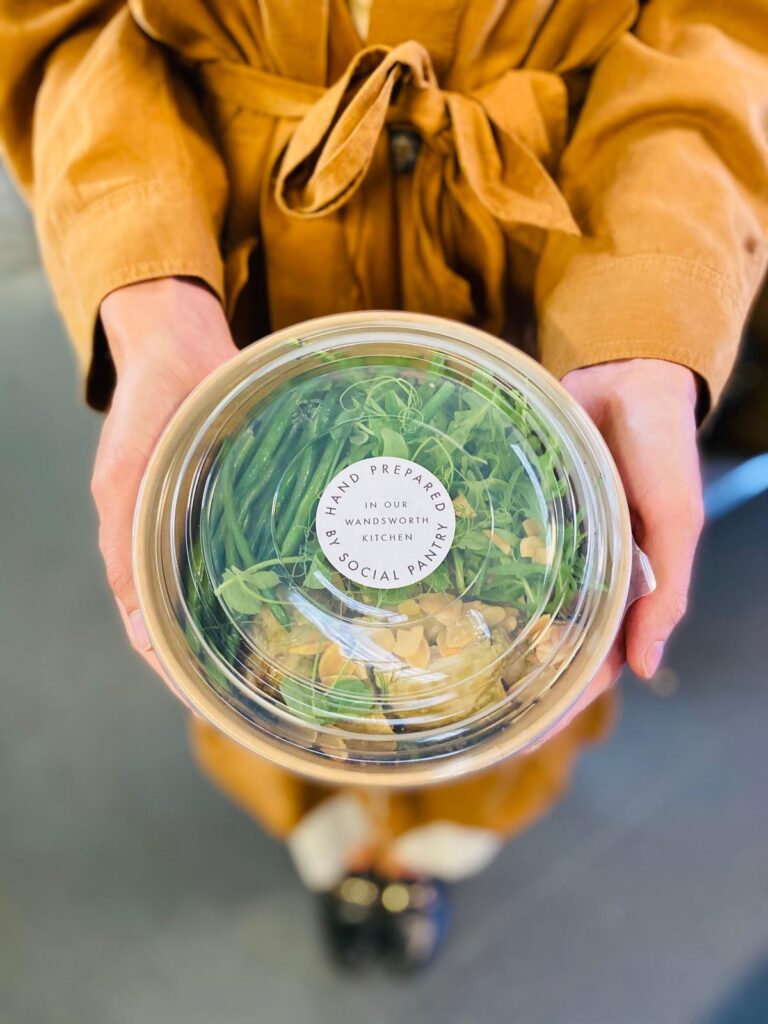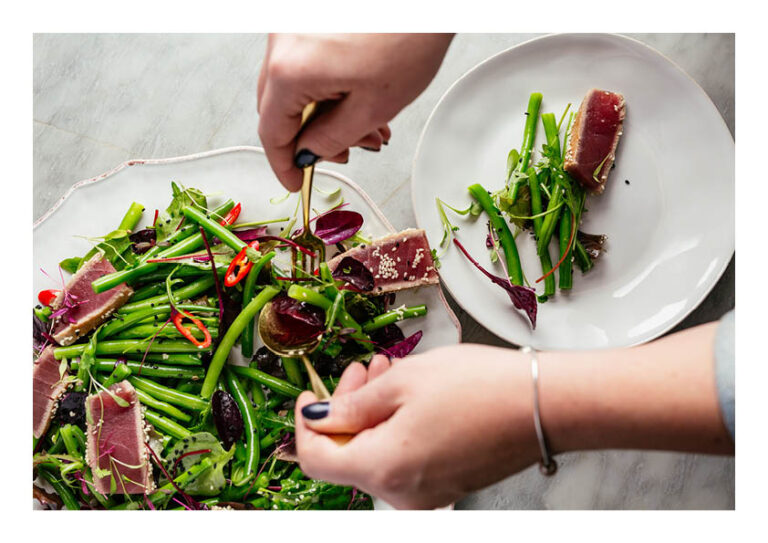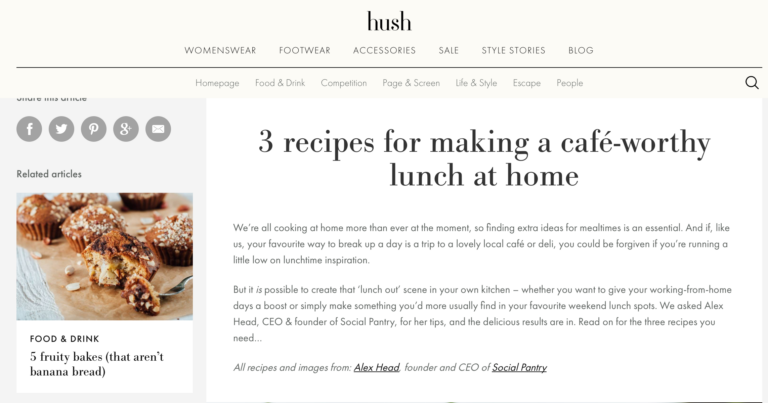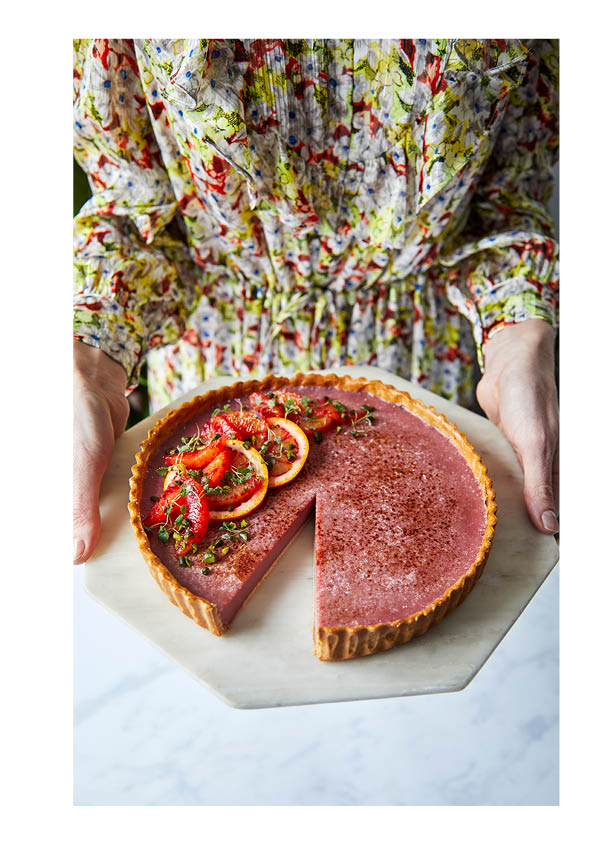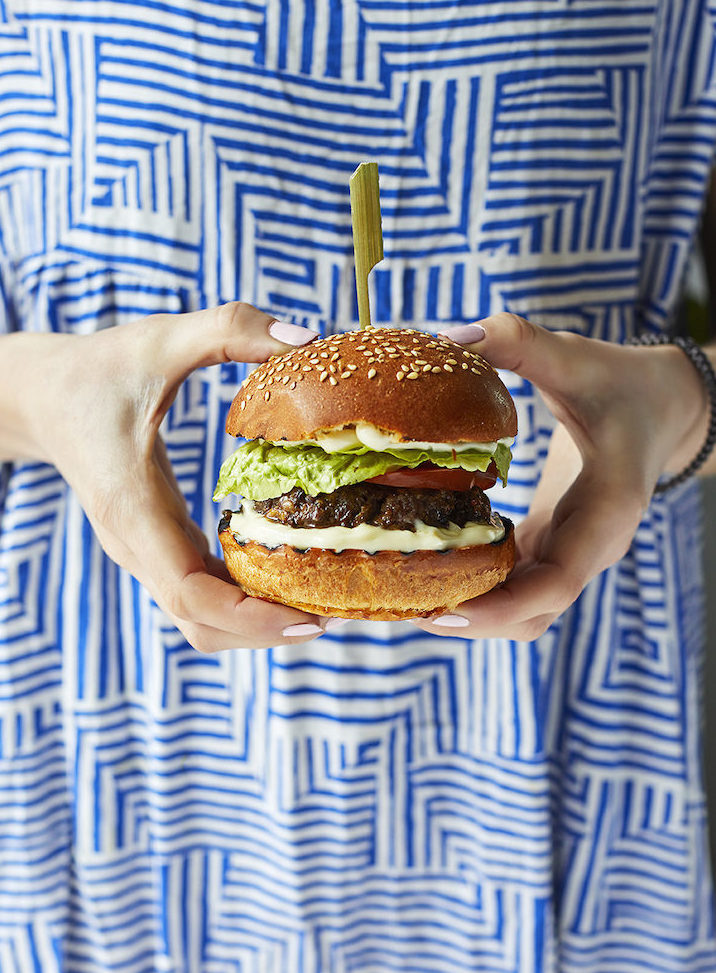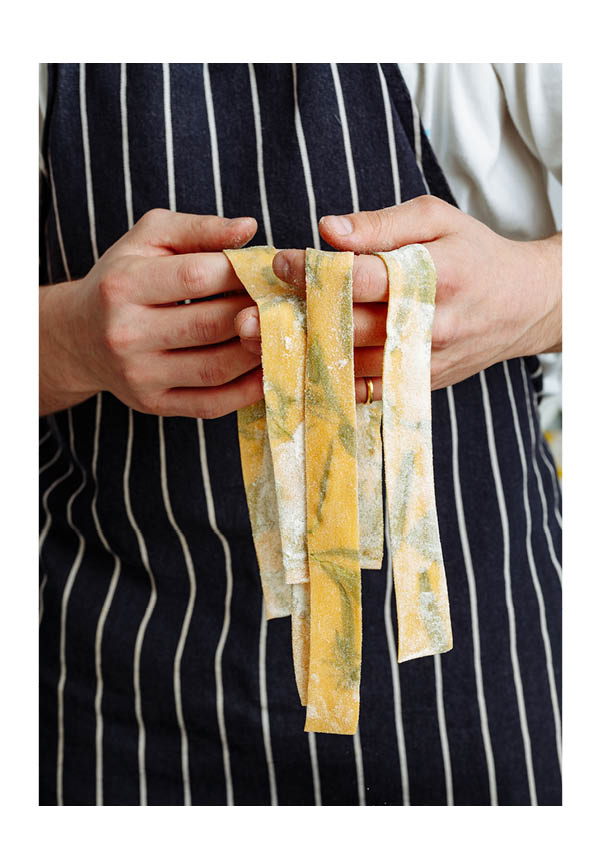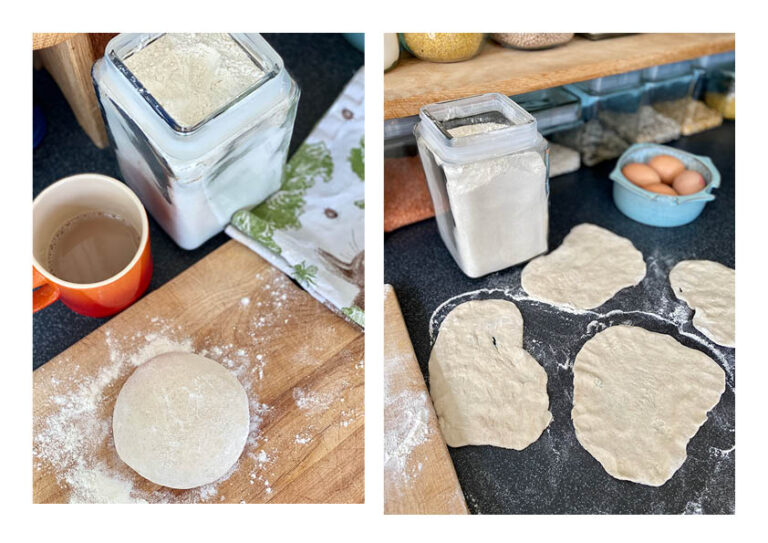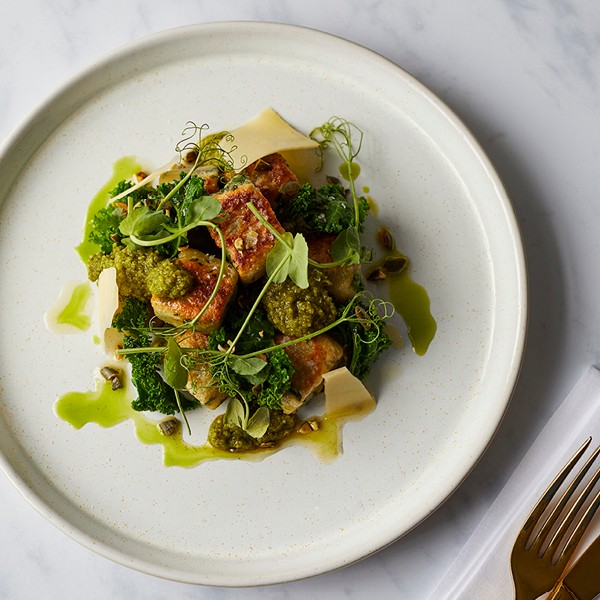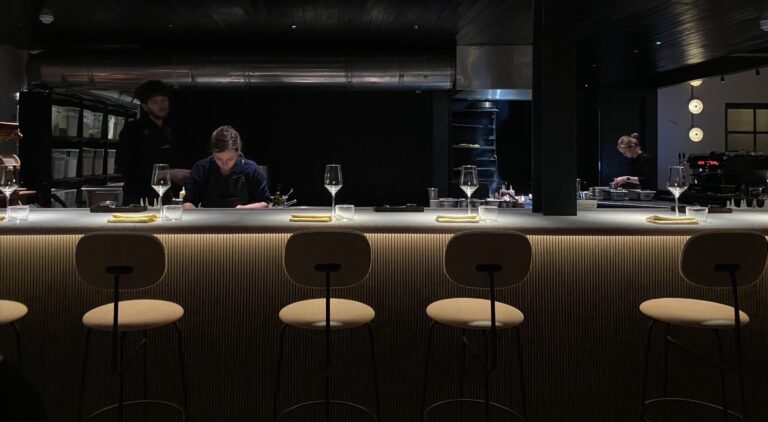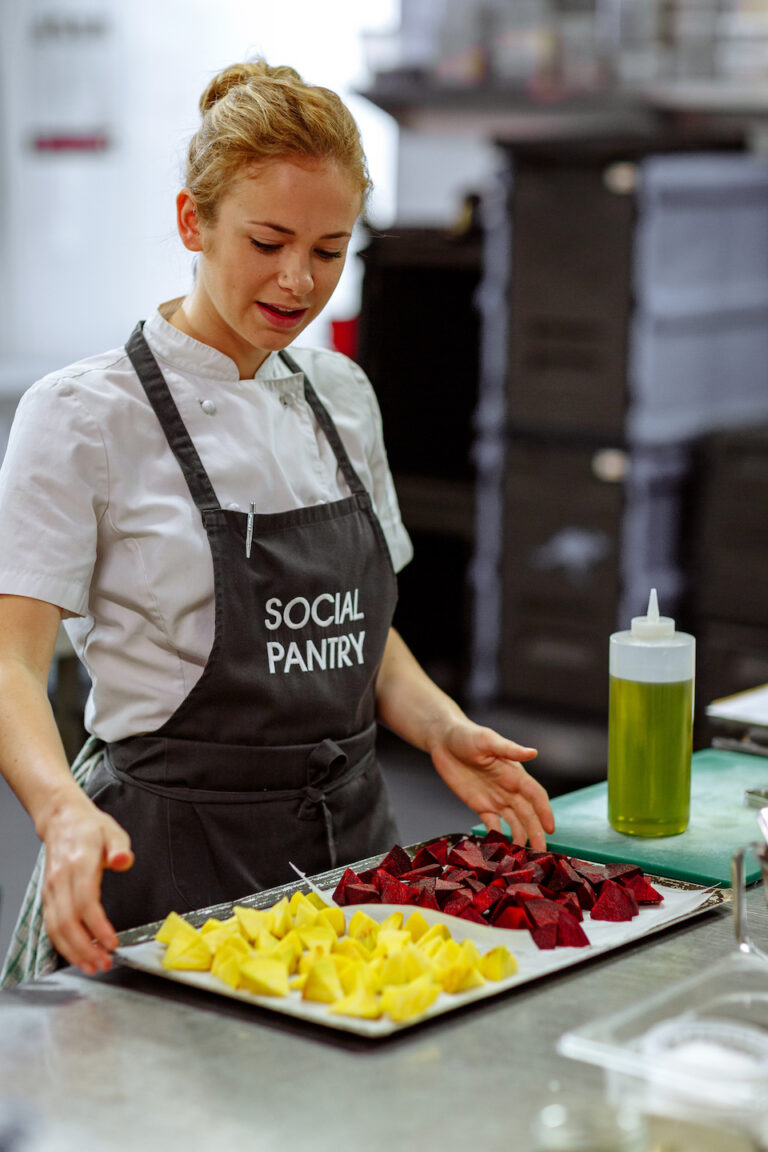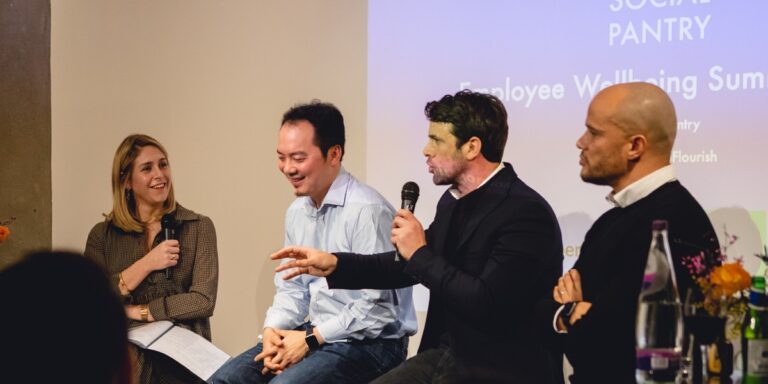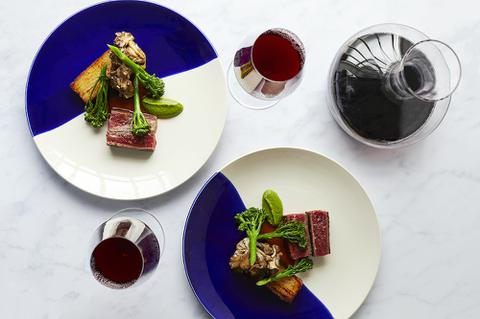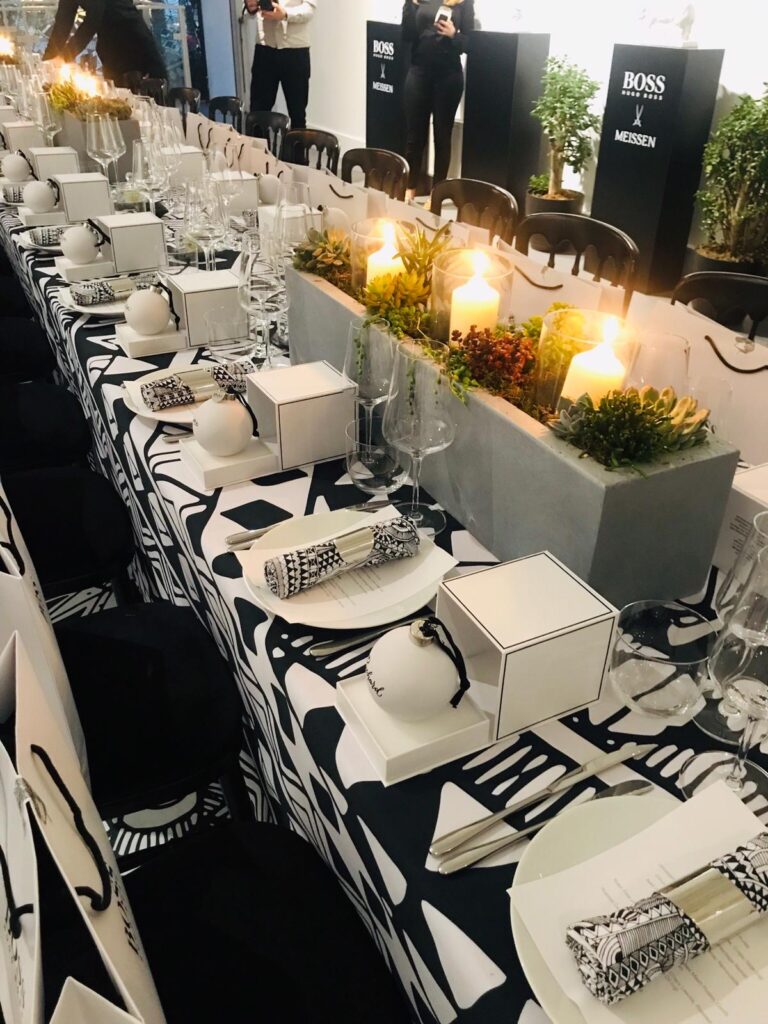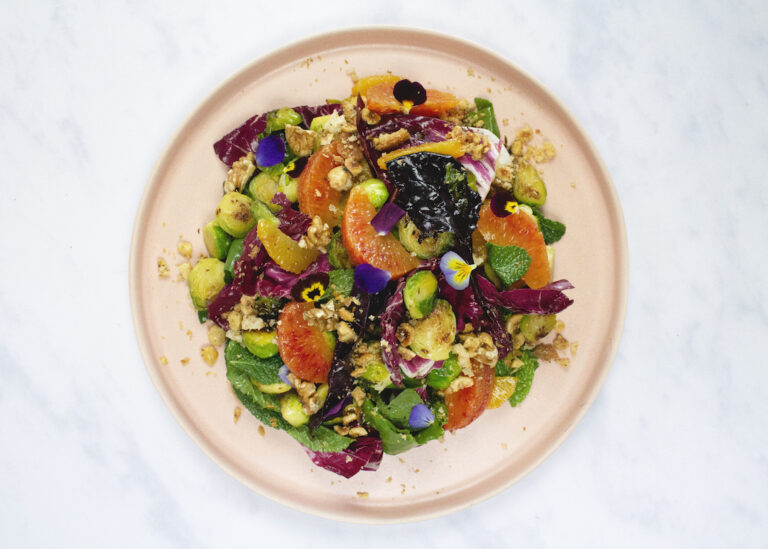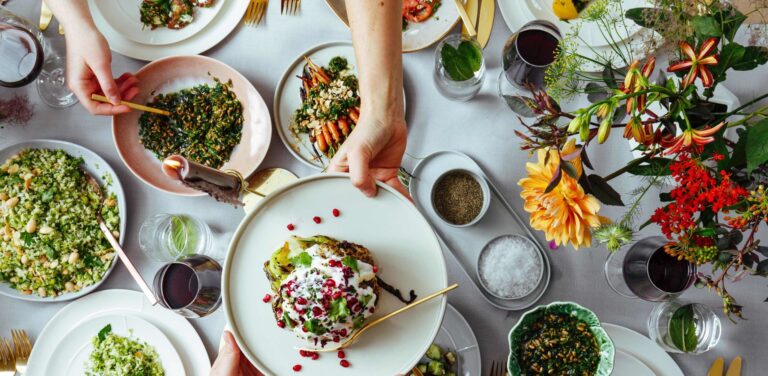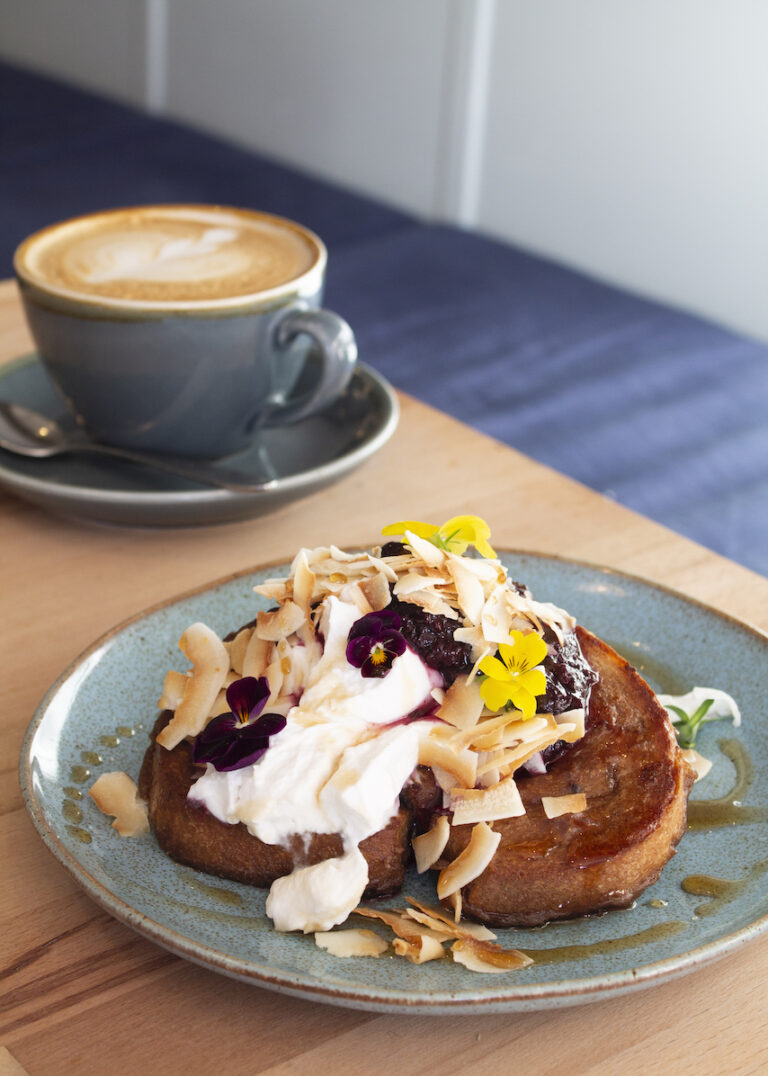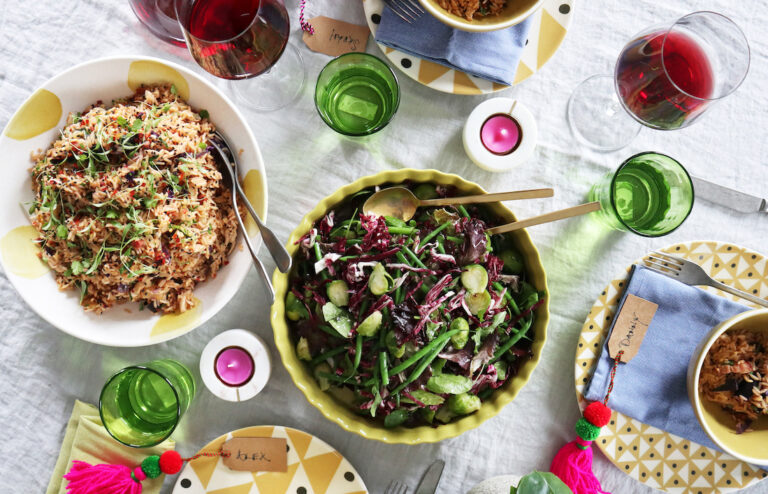Social Pantry chef Amy heads to zero-waste restaurant Silo
Published on: February 18, 2022
Our chef Amy has just returned from a stage at the world’s first zero-waste restaurant, Silo. If you’re not familiar with the term, a stage is an internship that a chef takes to experience different kitchen environments and be exposed to new techniques. We invest in our chef’s long-term growth and development and support them in widening their culinary horizons through staging. Likewise, we also create opportunities for everyone from ex-offenders to aspiring chefs to spend time in our kitchens. We sat down with Amy to find out all about her stage at Silo, and her thoughts on why these opportunities are so valuable…
Tell us a bit about your experience in kitchens leading up to your role at Social Pantry?
I am actually still relatively new to cheffing and the food industry! I graduated from Leiths Culinary School in 2020 after doing their diploma course. After that, I got an apprenticeship in a bakery called Bread41 back home in Dublin, and I was with them for 8 months before moving back to London and getting the job at Social Pantry, where I have been working ever since!
How did the opportunity to do a stage at Silo come about, and why Silo in particular?
Alex and the team were kind enough to arrange the opportunity for me, and in general Social Pantry is great for encouraging continual learning and professional development. Our head chef Sarah did a stage at Silo when they first opened. She learned so much and raved about the food so I was very excited when I heard I would be also be given the opportunity! Silo and Social Pantry share a lot of the same values, even though what they do is very different. At Social Pantry we are constantly coming up with new ways to reduce waste and Silo, as the world’s first zero-waste restaurant, is a huge inspiration and seemed like a good fit as somewhere I could learn more about this!
What did your time at Silo involve?
Most days I would be in for 10am for a prep shift, or 12pm if I was in for service. During the prep shifts I was mostly involved in preparing the vegetables, churning butter and getting other elements ready for service. It was a hands-on experience, but I also did a lot of listening, watching and learning.
What stands out the most from your time at Silo?
It was all amazing! I would struggle to name just one thing! All of the chefs were so talented and had an abundance of knowledge to do with all things zero waste. They were all so innovative and creative, especially when it came to transforming food waste into something genius and delicious! They use their bread scraps to make a homemade marmite, and leek scraps get turned into a deeply savoury treacle! One thing I learned while I was there was not to be scared to play around with flavour ideas and push the boundaries of what we think of as sweet or savoury foods. The chefs at Silo impressed on me the importance of looking at a vegetable or animal as a whole and think ahead about what to do with the lesser-used parts first.
What was the biggest difference between working at Silo versus Social Pantry?
Working at Social Pantry is a much more varied, less predictable role, as we cater for so many different events and clients and every day presents something new! Restaurant service is much more predictable and repetitive – nailing this precision is part of the art! It was really interesting to compare different ways of working!
What did you find that Silo and Social Pantry have in common?
Social Pantry and Silo both share a passion for reducing waste, and the chefs are all eager to produce great-tasting food using seasonal ingredients. It’s as though both businesses are working towards a shared goal, using different methods and targeting different audiences!
Tell us about a particularly memorable dish?
I learned to prepare a pretty unforgettable starter of brussels sprouts with hazelnut butter and lovage oil, which was totally delicious and inspired me to do more with sprouts going forwards! As well as that starter, I got the chance to make one of their petit fours – a very unusual sounding Artichoke Fudge that was such a delightful surprise! It is made from a cream infused with waste from Jerusalem artichokes, and the subtly nutty flavour and buttery texture was simply amazing!
What was staff food like at Silo?
Every day was different, and very much followed Silo’s wider approach of using up whatever needed eating! Some days it was pasta based, other days potato-based, with a salad putting to use whatever fresh produce needed using. It was simple, wholesome and efficient!
What advice would you give to someone considering doing a stage?
Go for it! It’s a great way to learn so much and develop your skills in a condensed period of time, in an environment you might not otherwise get to experience! A stage can shape your thoughts on how or where you might like to work in the future, and give you the chance to develop useful industry contacts and network with fellow chefs. The things you learn whilst on a stage will trickle back into the work you are already doing, and can give you a huge boost of confidence! Don’t be afraid to ask lots of questions and bring a notebook to take everything down.
How do you think employers can maximise opportunities for people looking to gain additional experience? What can employers and head chefs do to ensure you get the most out of a stage?
I think doing a stage is the best way to gain experience and employers should be fully supportive of sending their employees off on stages, and receiving employees from other organisations, because the benefits go both ways! Employers and head chefs can help you to get the most out of your stage by introducing you to different people working at different levels on different stations and allowing you to experience as many different stations as possible. Employers should remember that their own employees also really benefit from having to explain and demonstrate processes to someone on a stage, because it makes them think more deeply about the process, clarifies their knowledge and helps to develop their communication and mentoring skills as they become more senior. Having an idea of what you want to get out of a stage (whilst remaining open-minded) is useful for both parties and may allow you to tailor your experience, However, I feel like you often learn most by stepping outside of your comfort zone and embracing what’s new, unfamiliar and unpredictable! Likewise, employers may find someone on a stage brings real value to their team by offering a different perspective and skillset!
Where would you most like to do a stage next and why?
I would love the opportunity to go abroad and get a feel for a different cuisine and different ways of working. I would like to stick to working in sustainability-focused environments, but it would be great to see how this plays out in different contexts because there is no universal solution to being more sustainable! As a chef in the UK committed to only using seasonal, local produce, there are some ingredients I rarely get to lay hands on! It would be fantastic to have access to a whole other range of ingredients and food sources in a different place and climate! I believe being part of the food industry comes with responsibilities towards reducing waste and sourcing ethically and sustainably, so I think it’s important that I take these values with me wherever I go. Other than that, I am open to whatever opportunities come my way!




